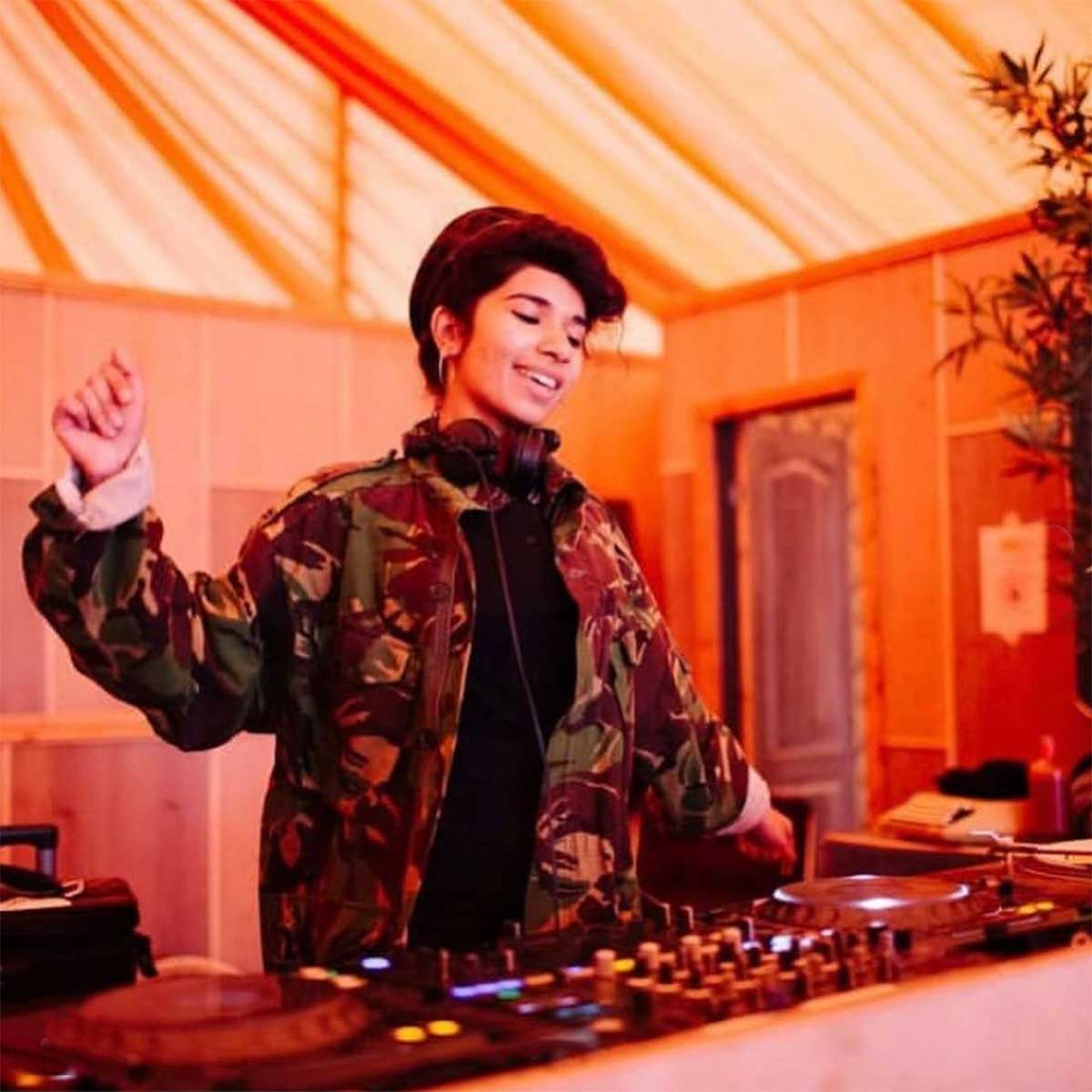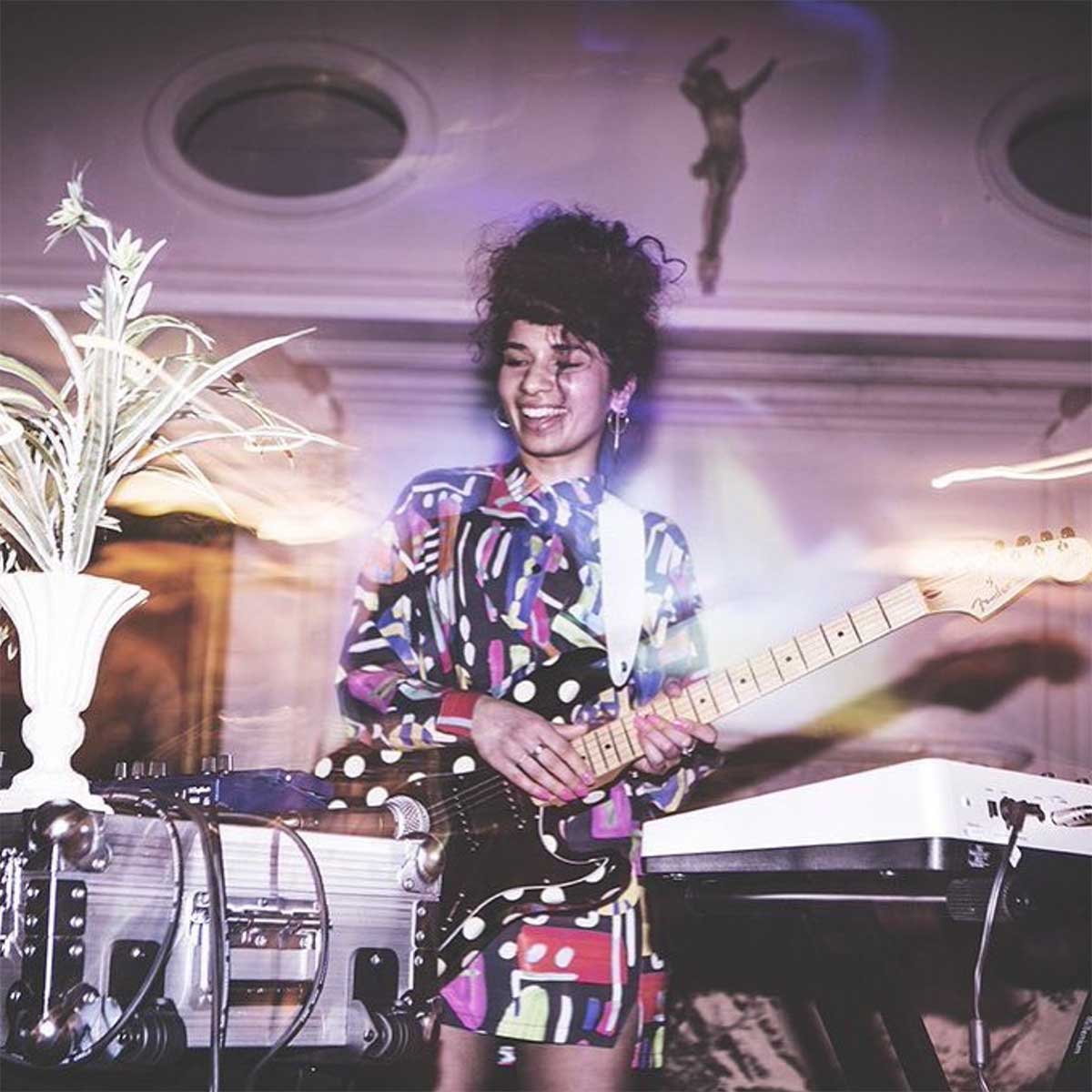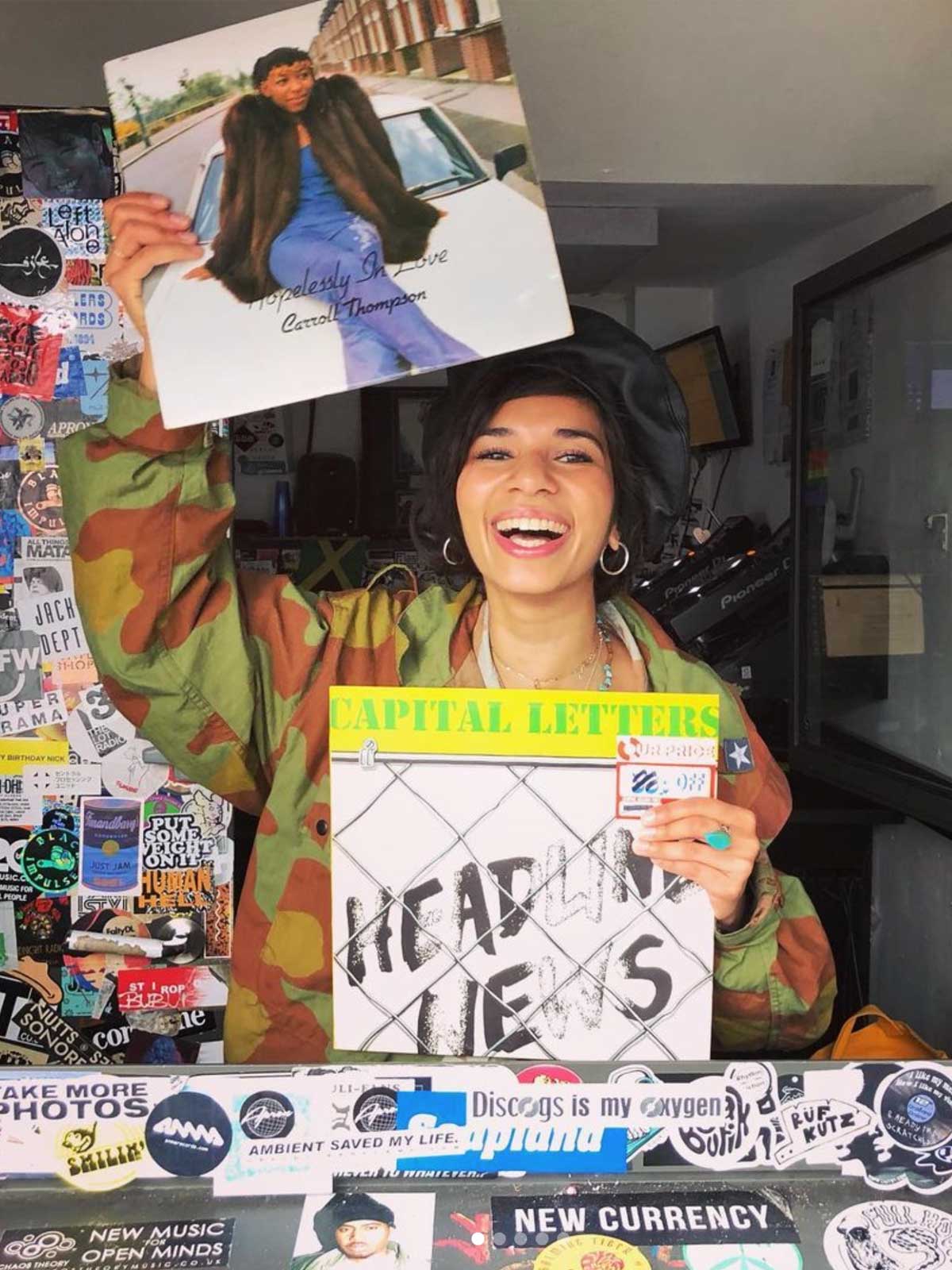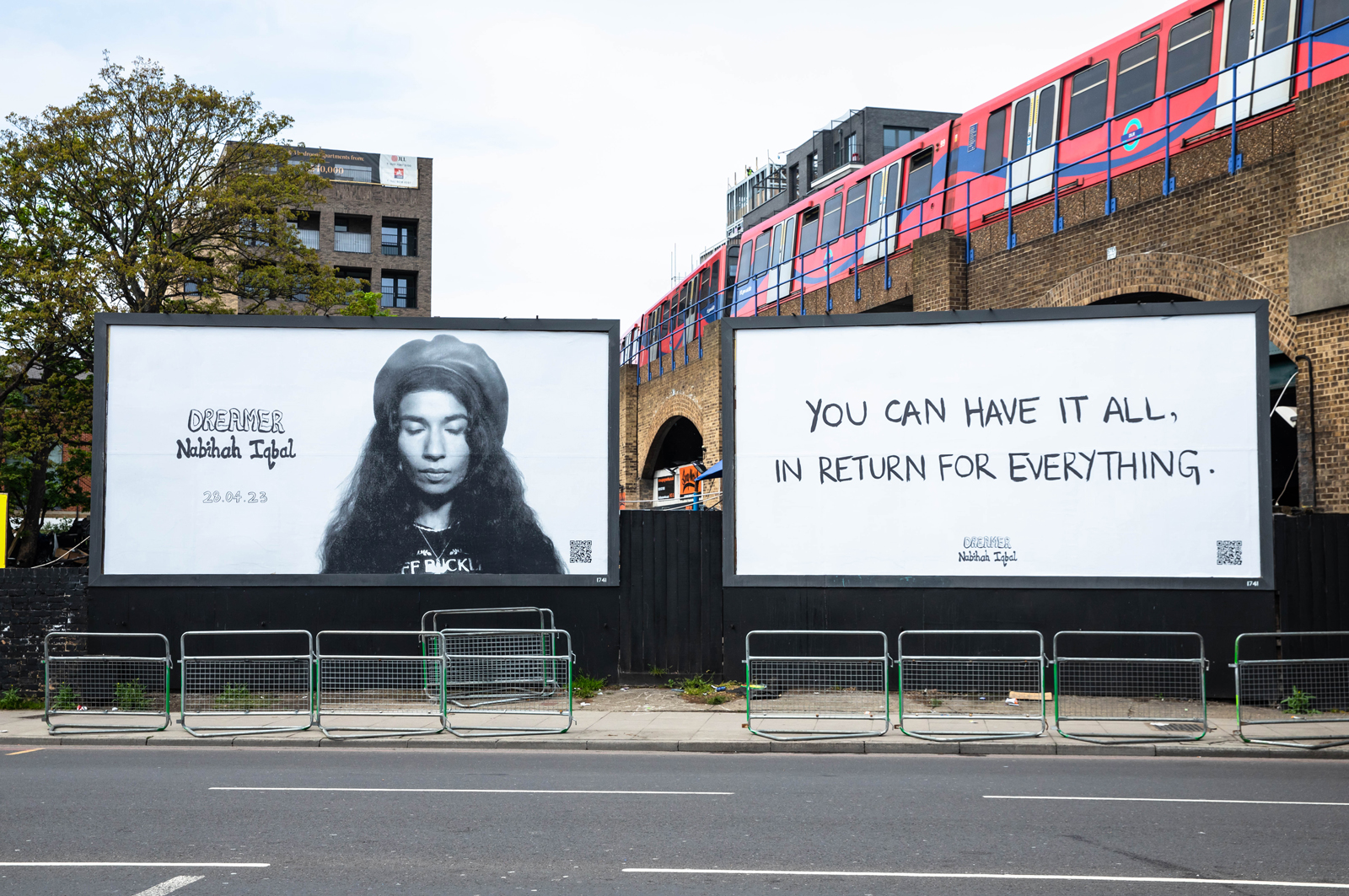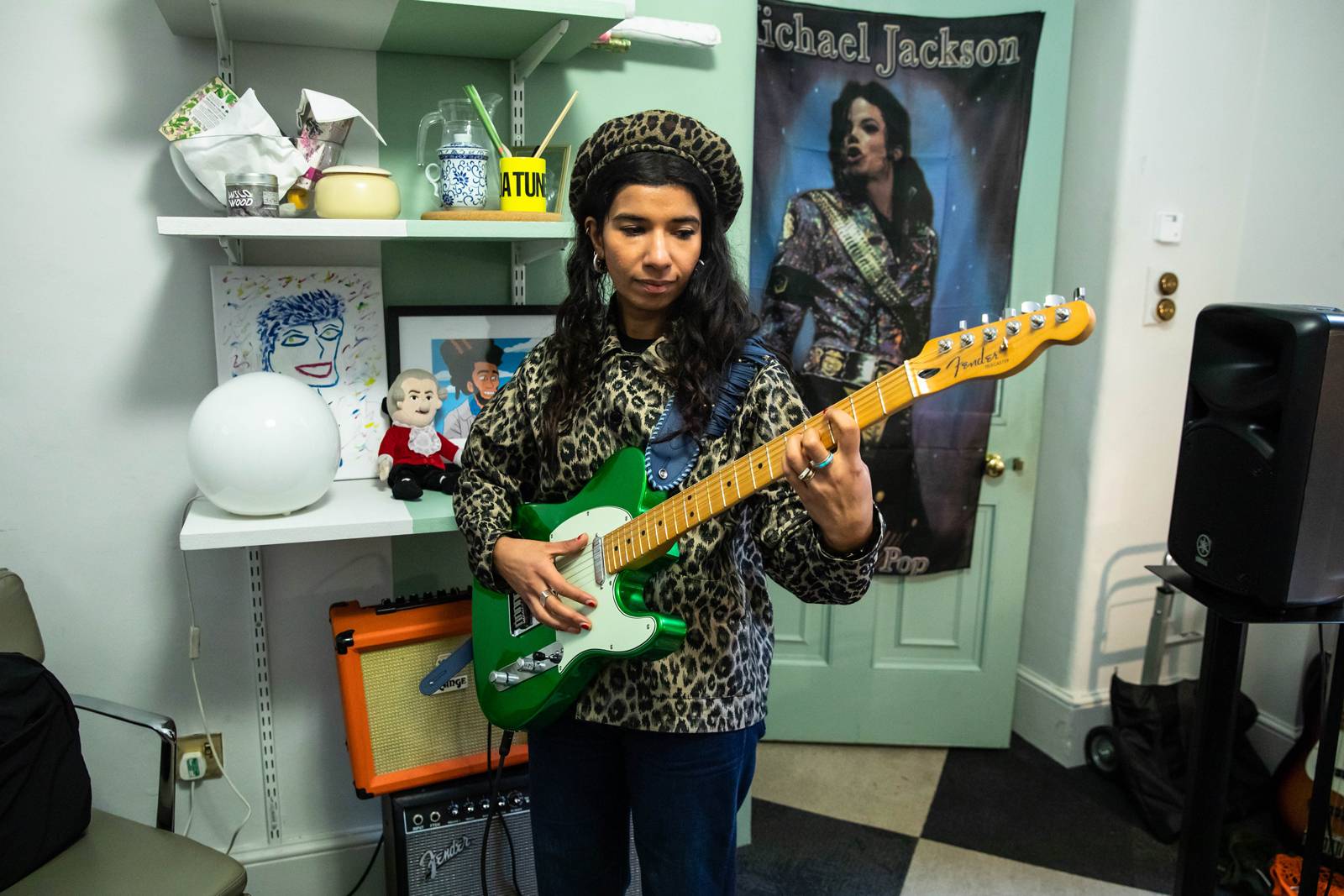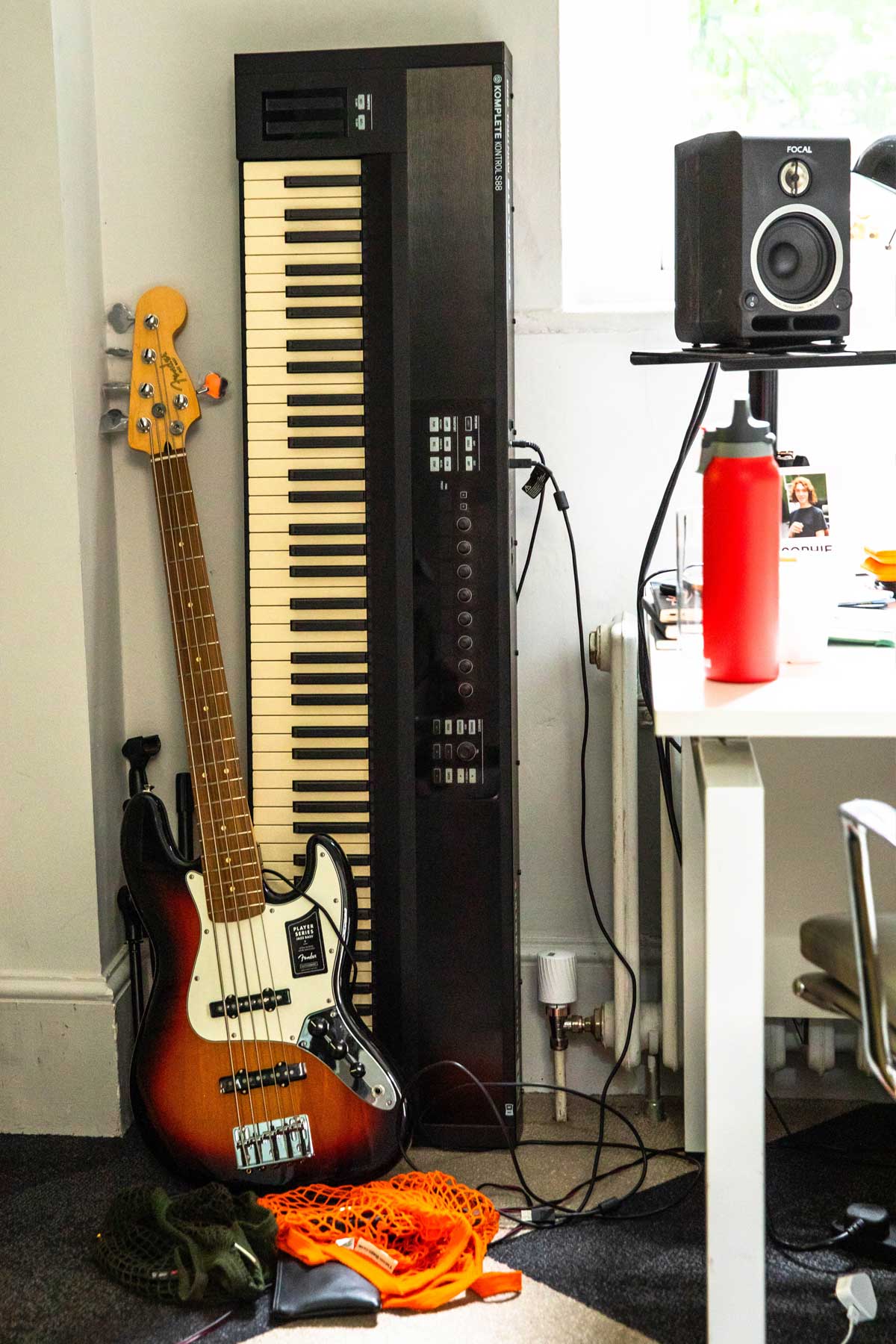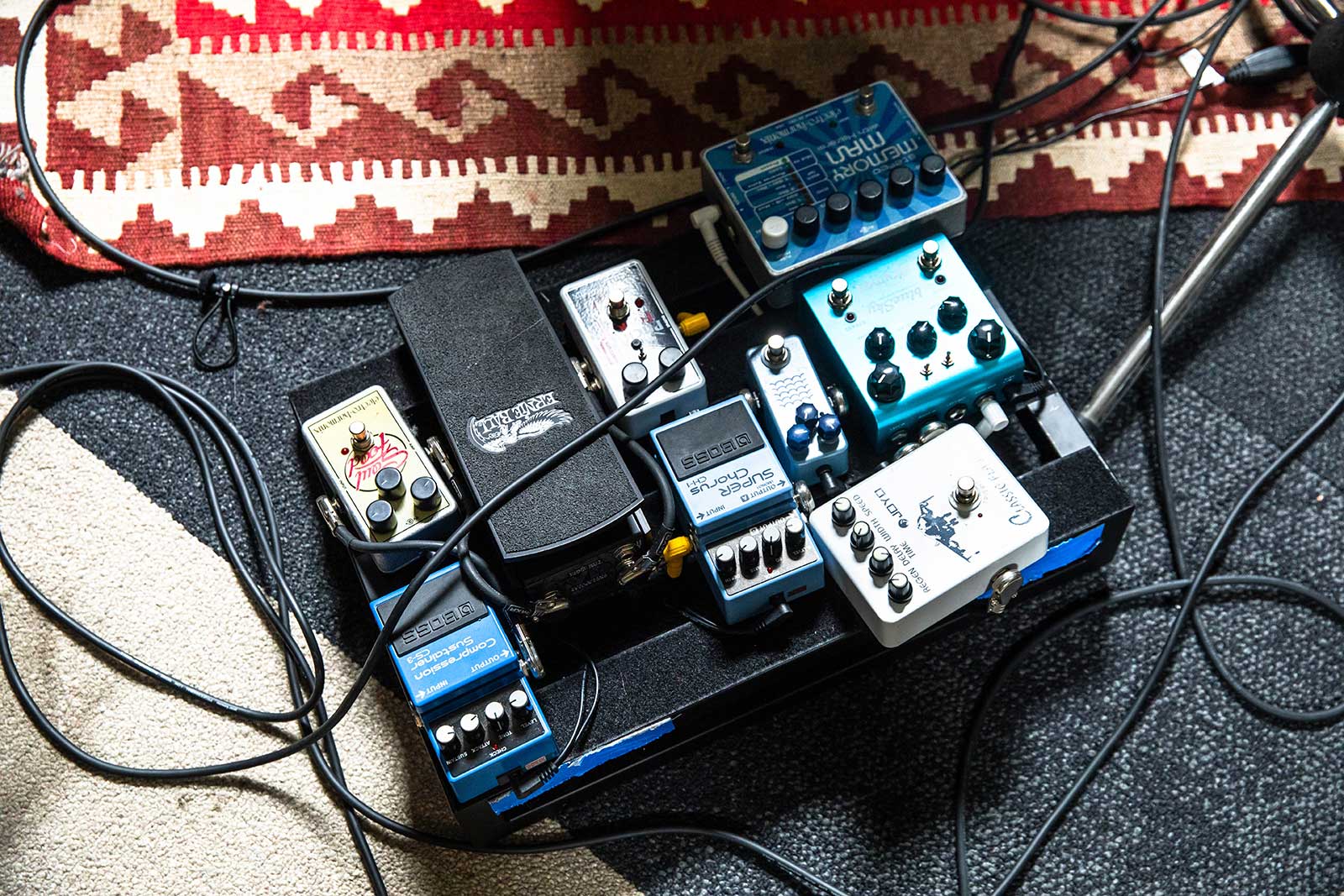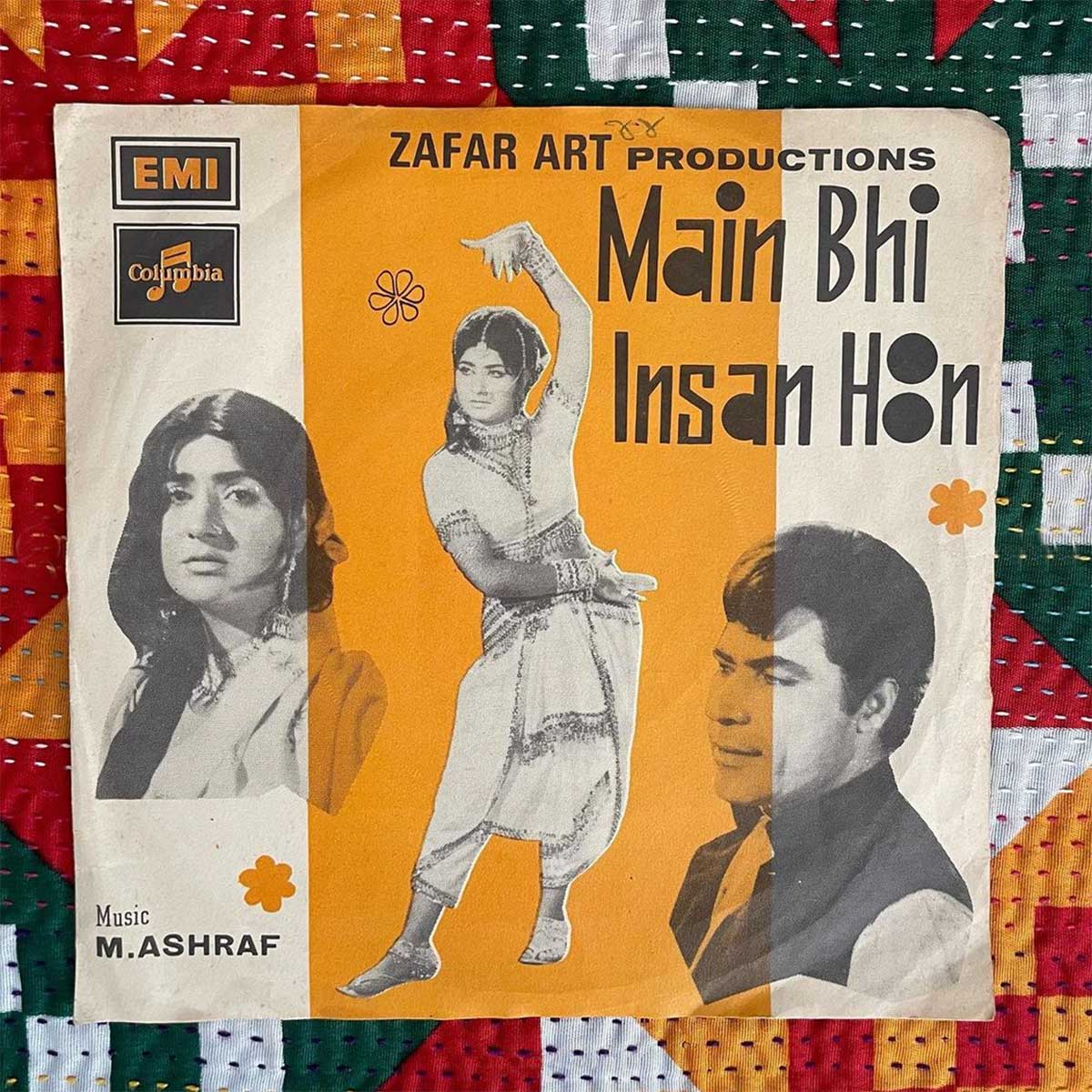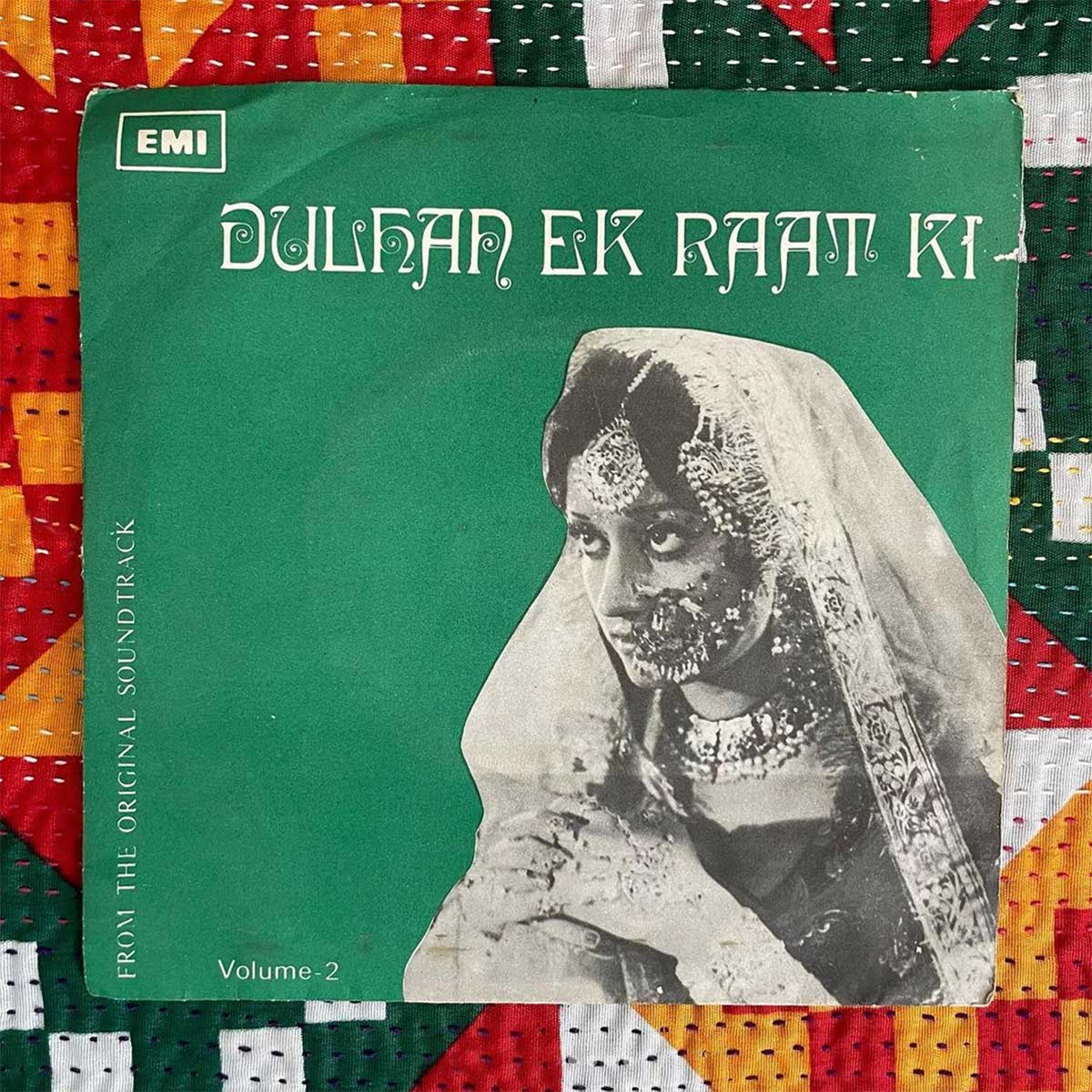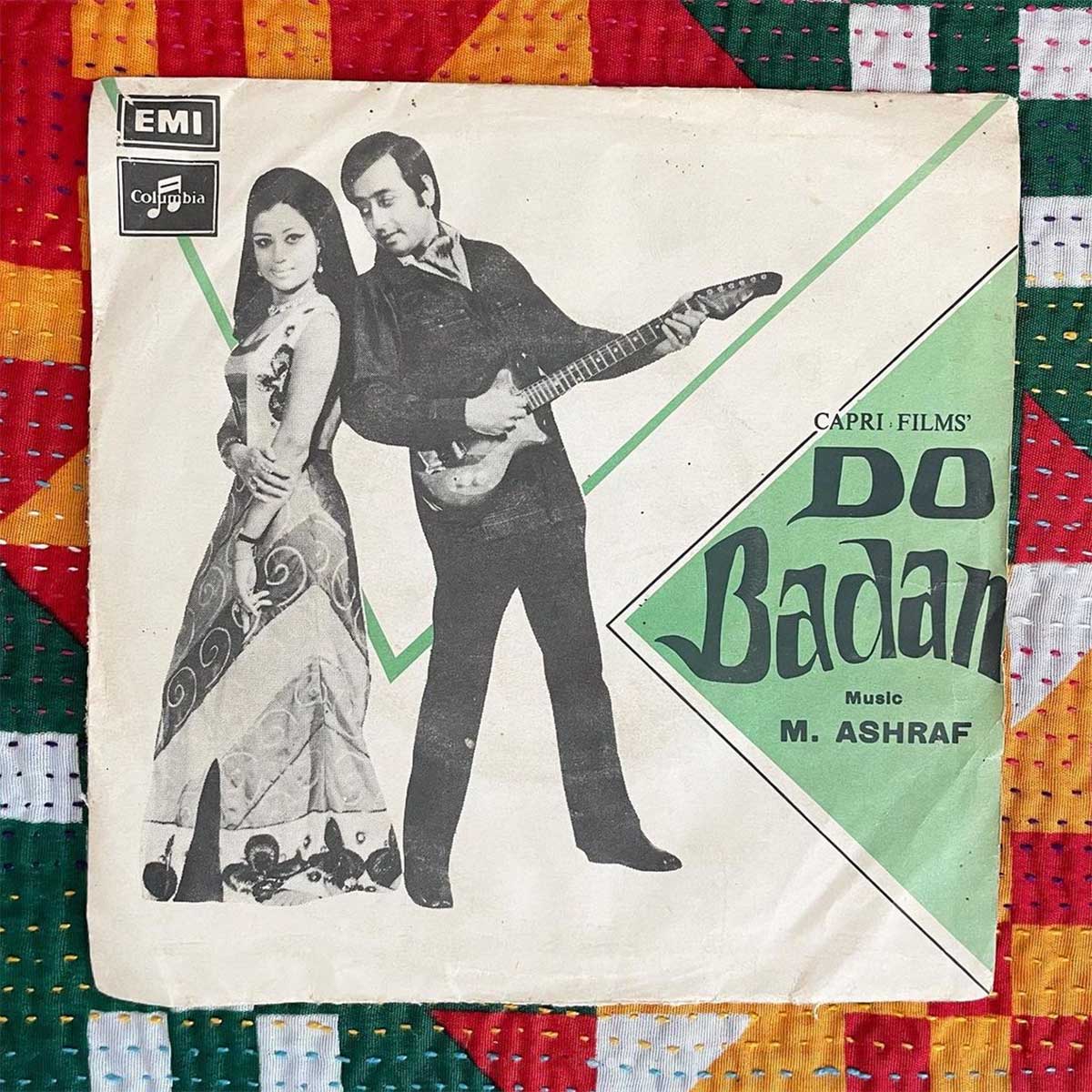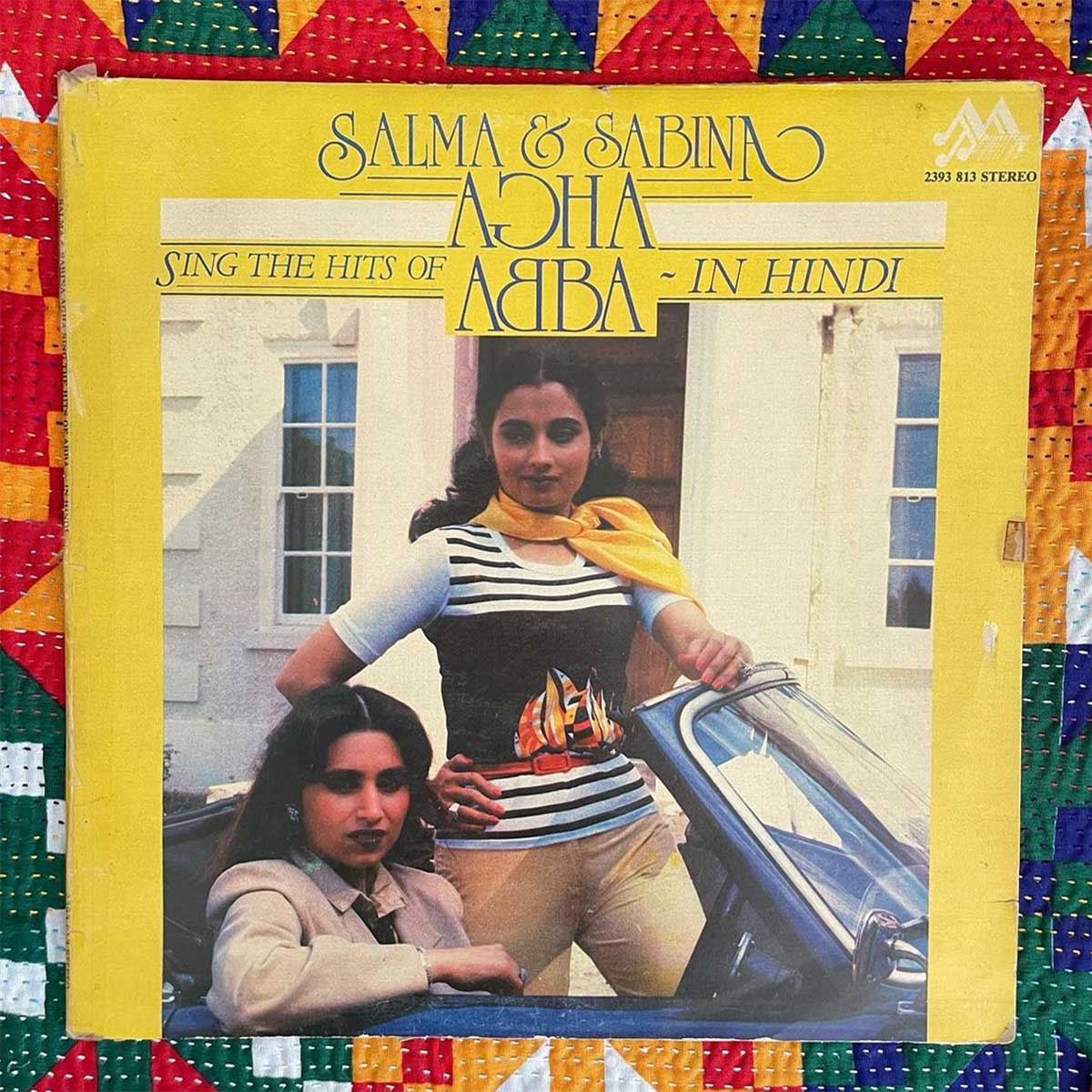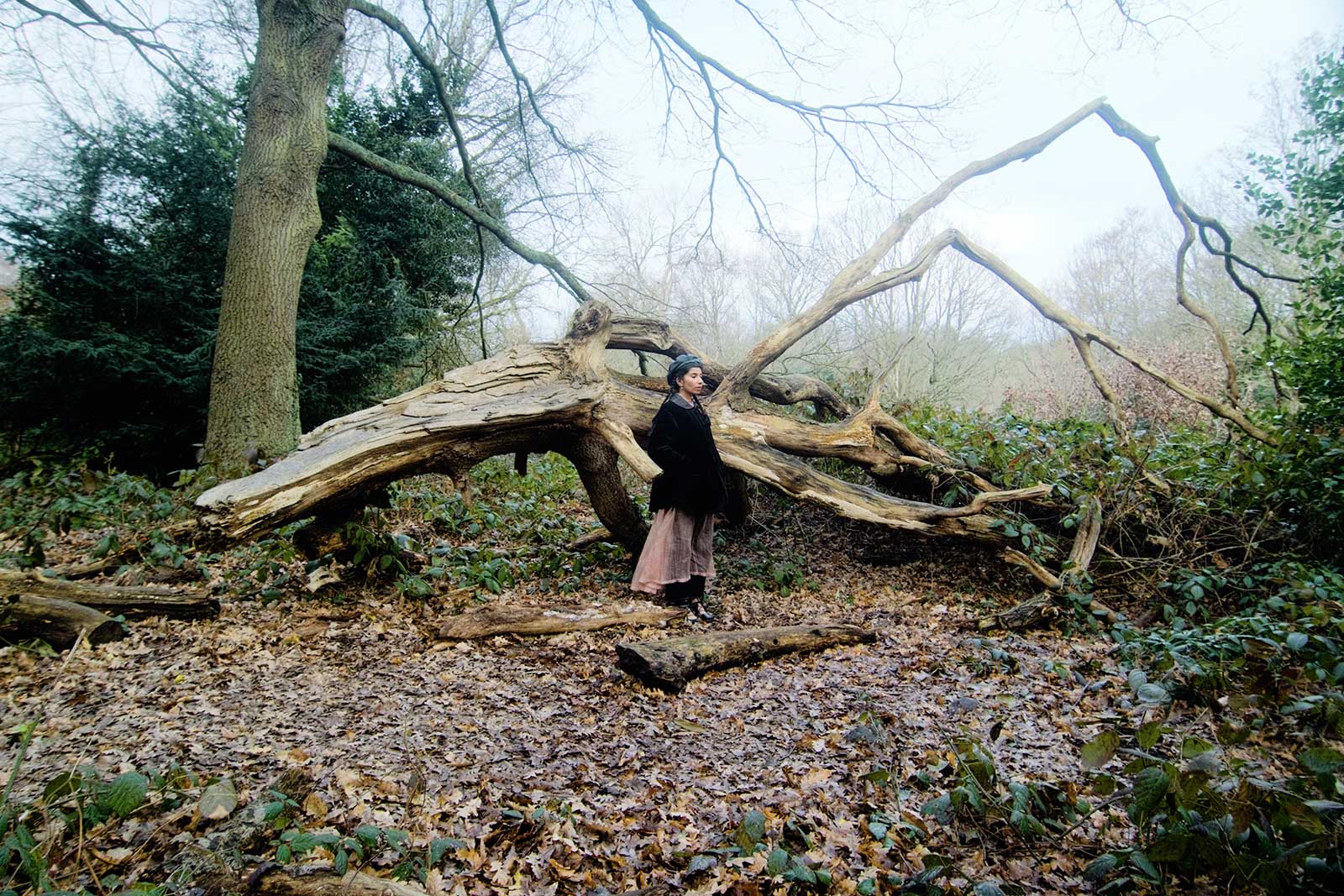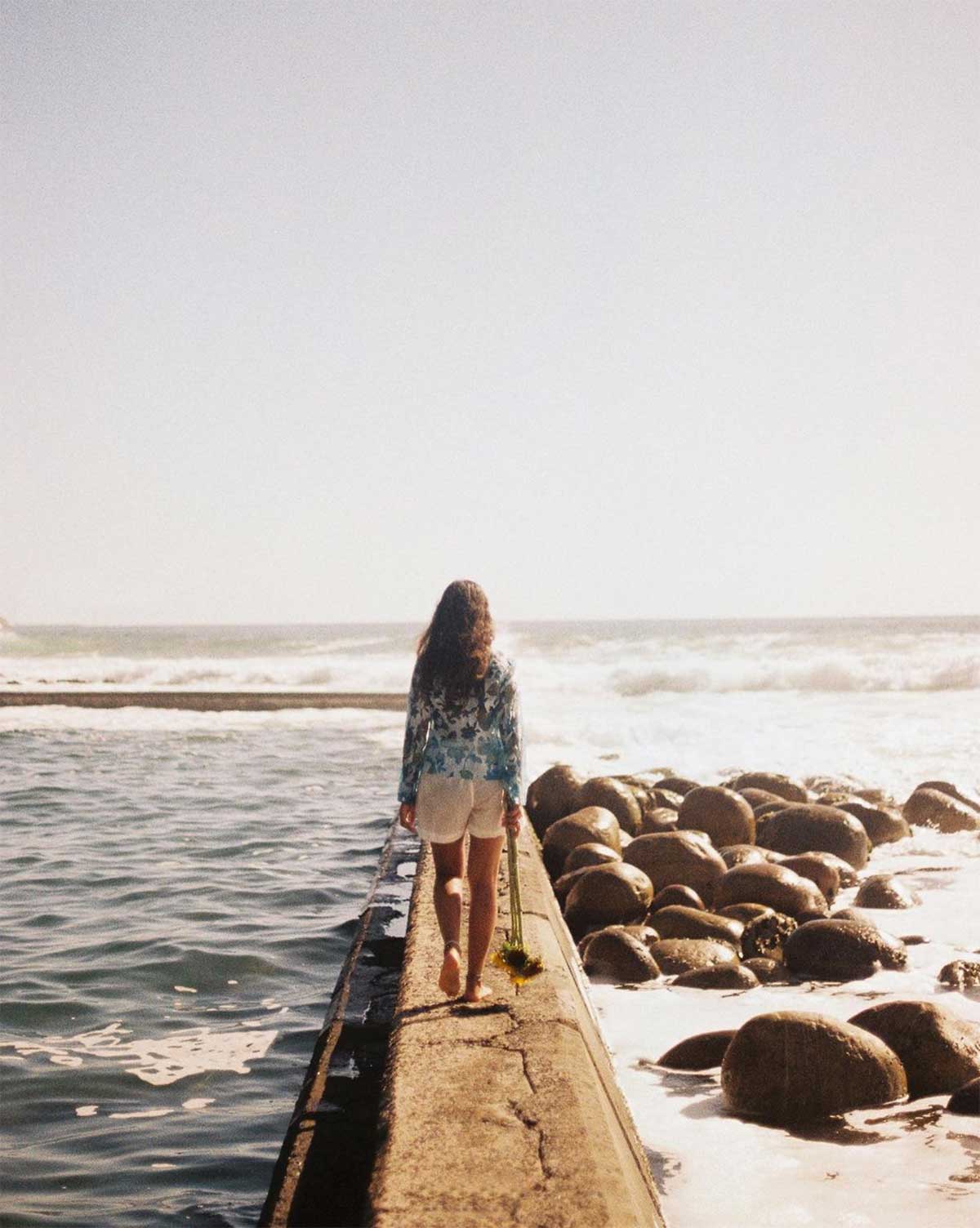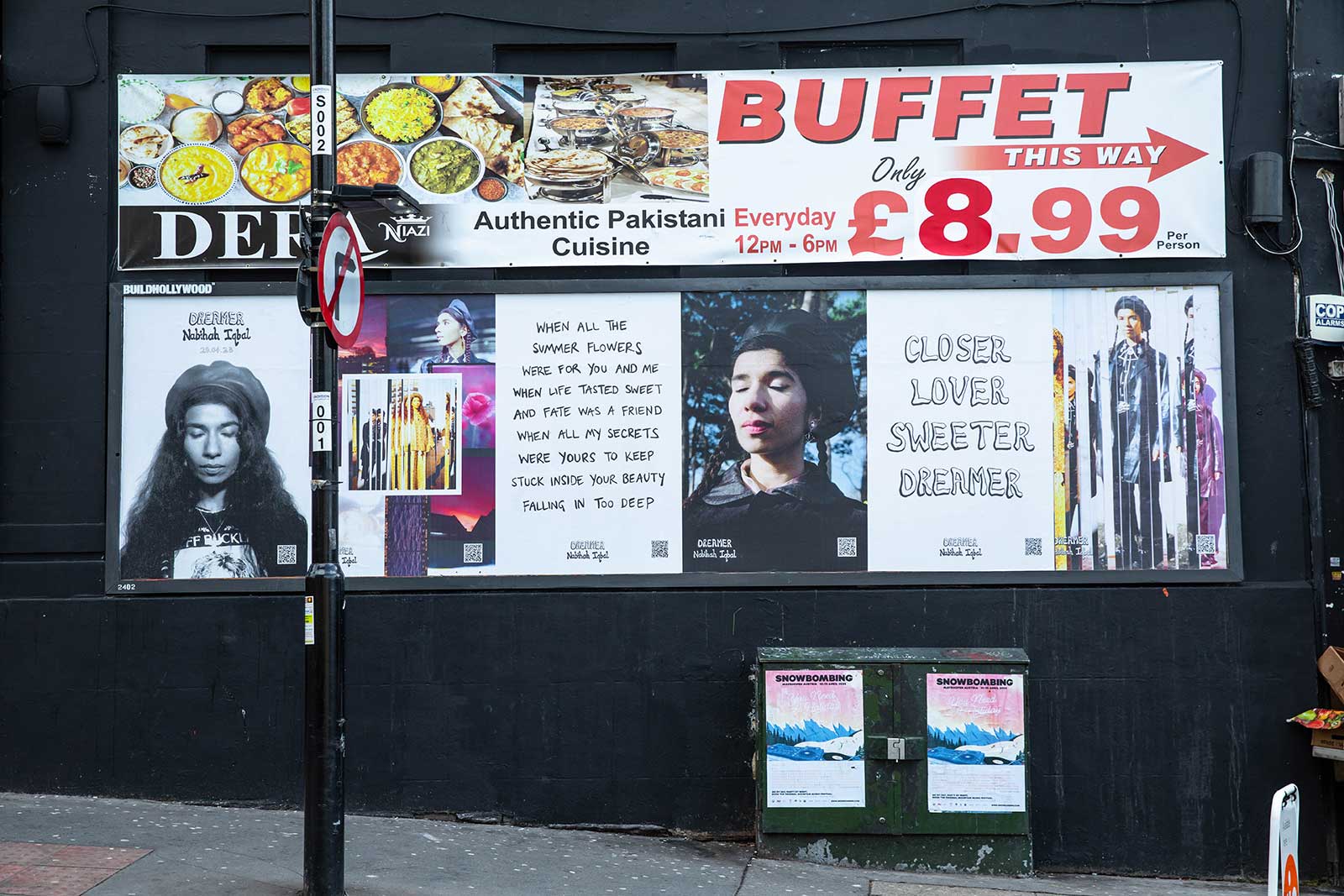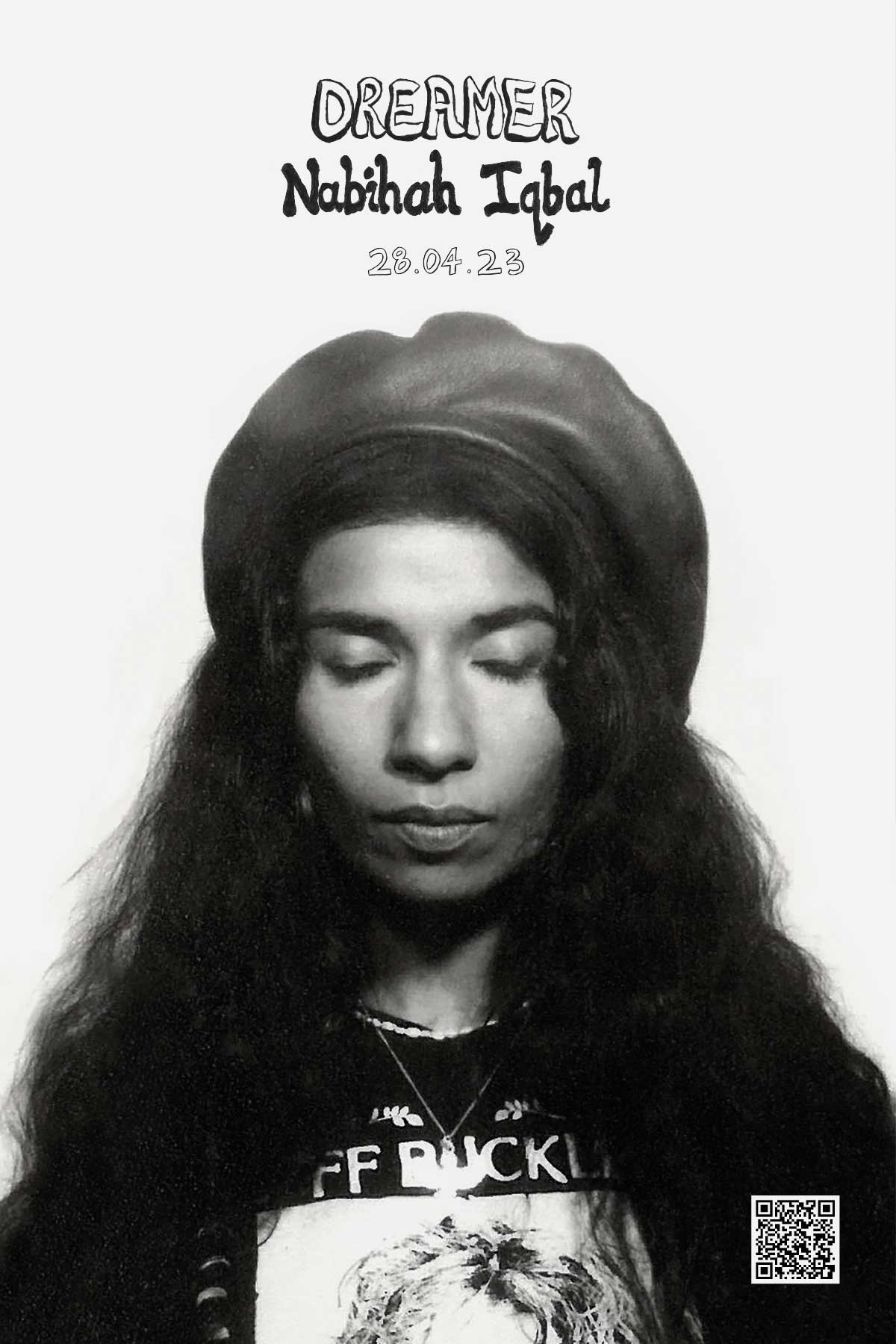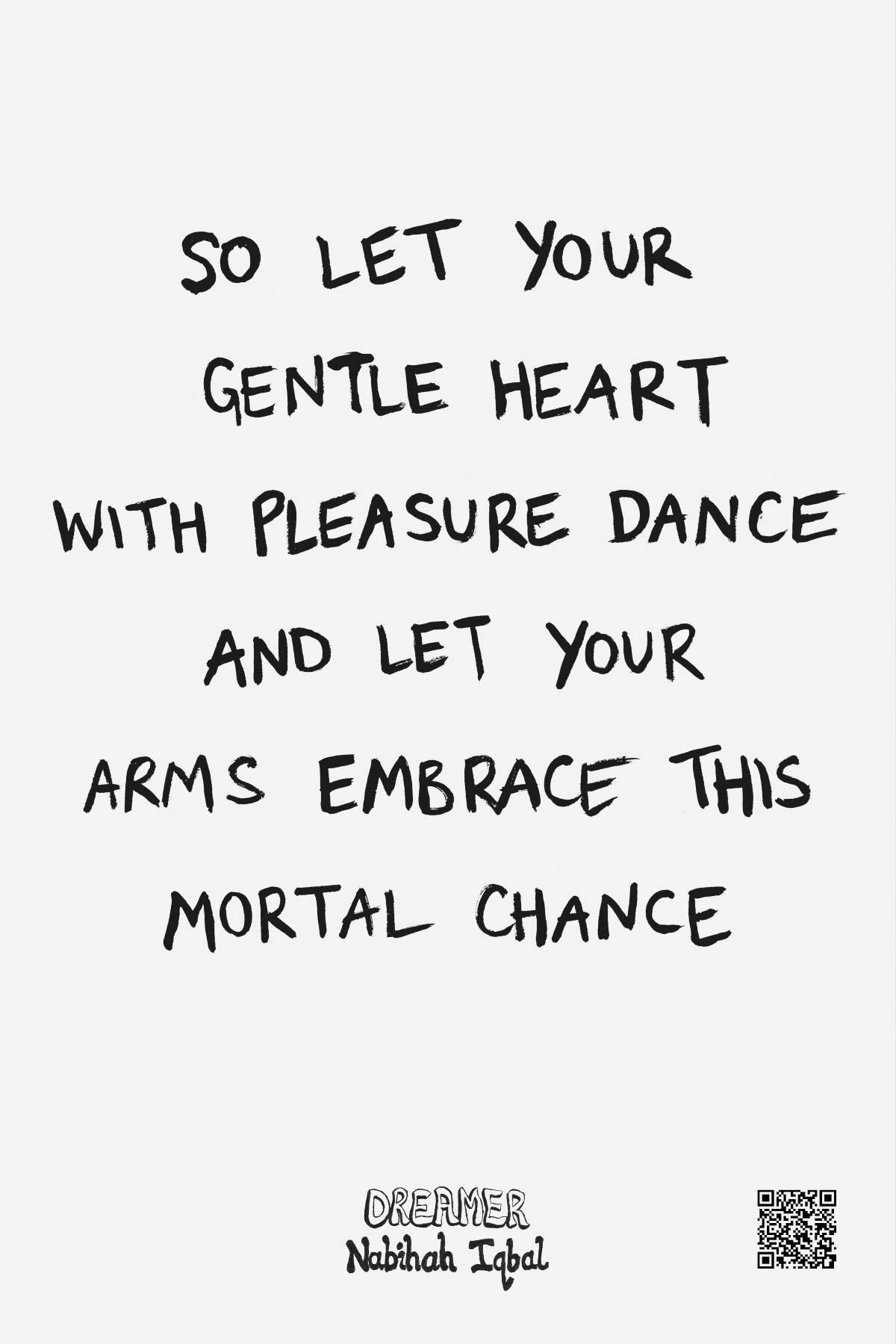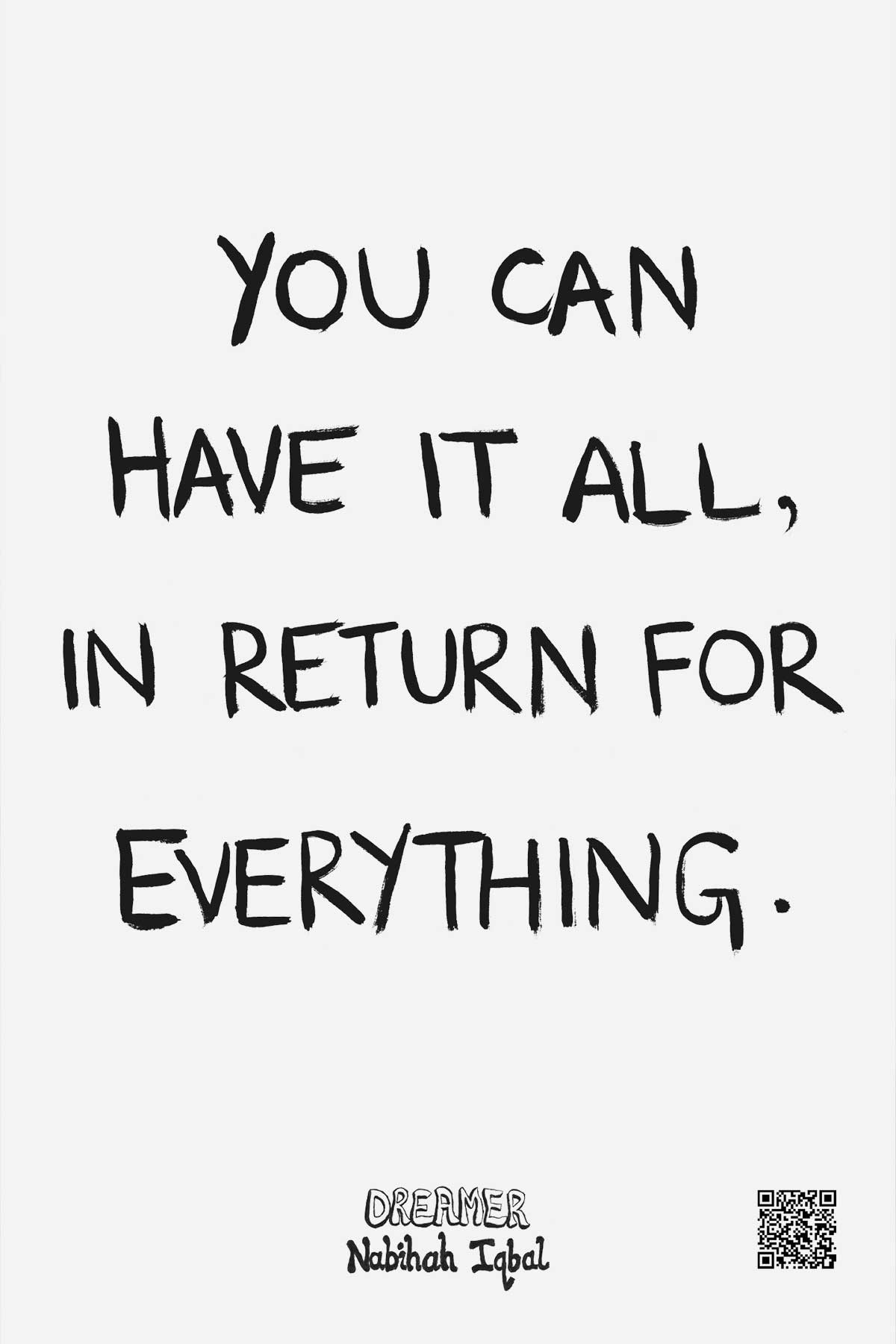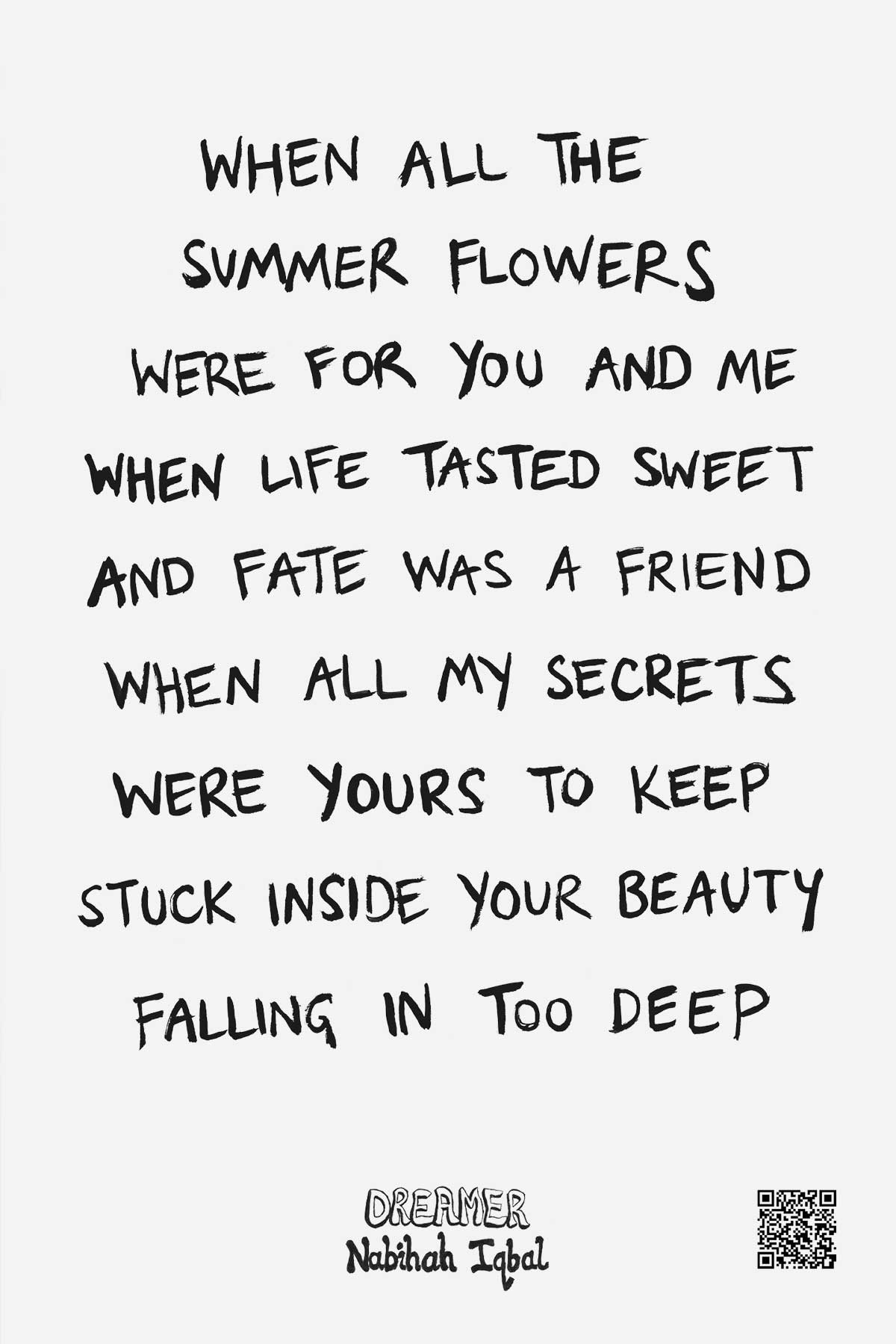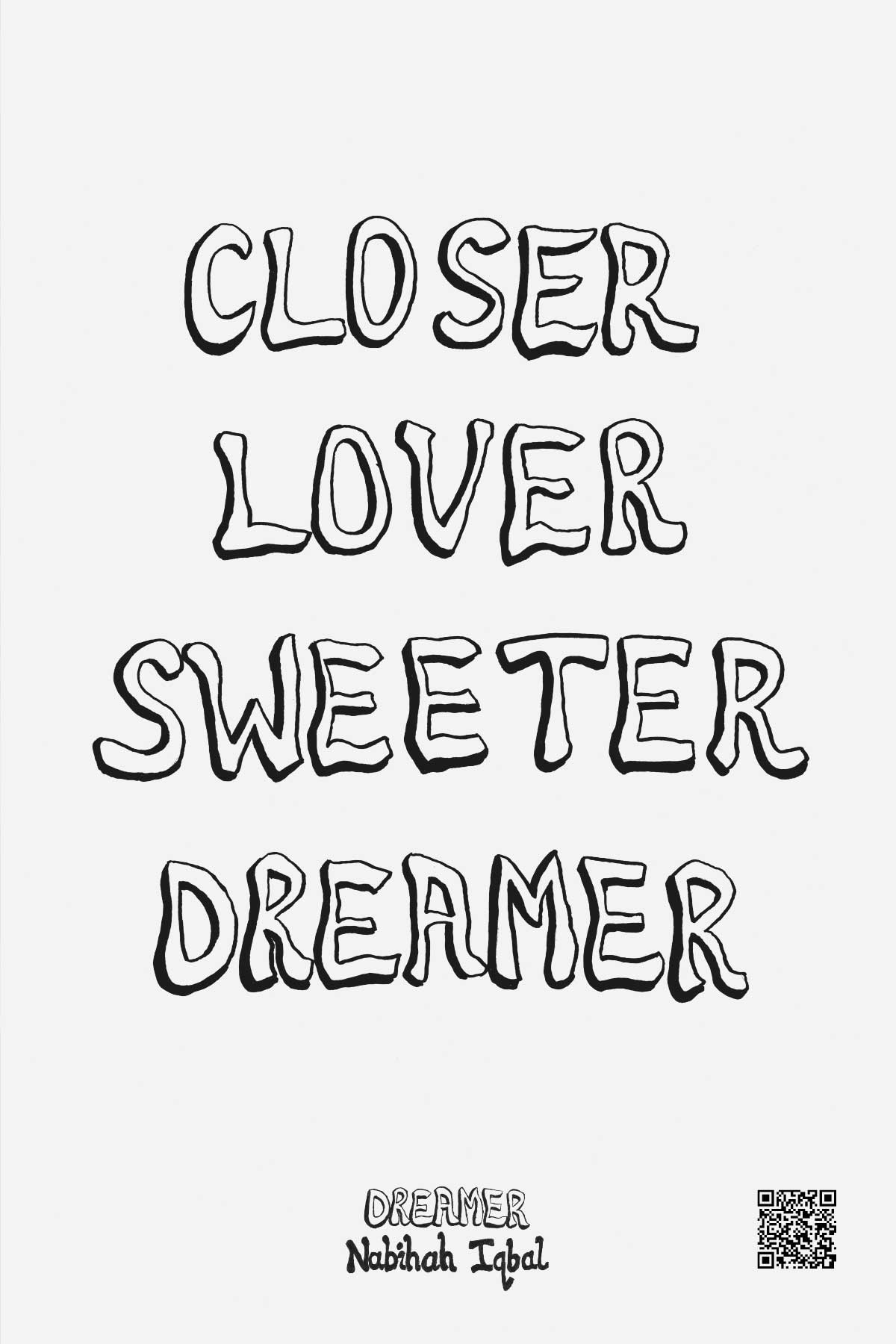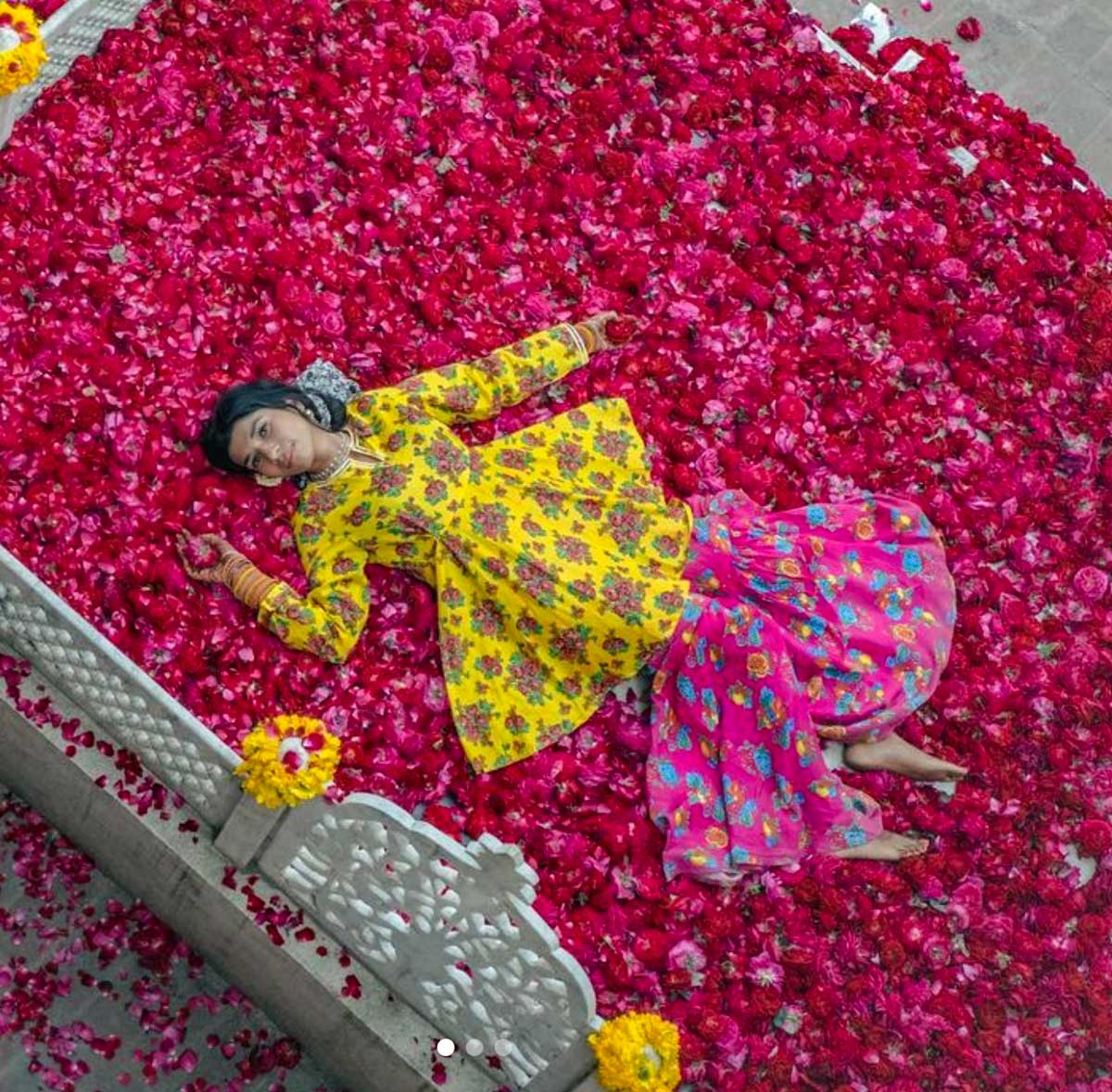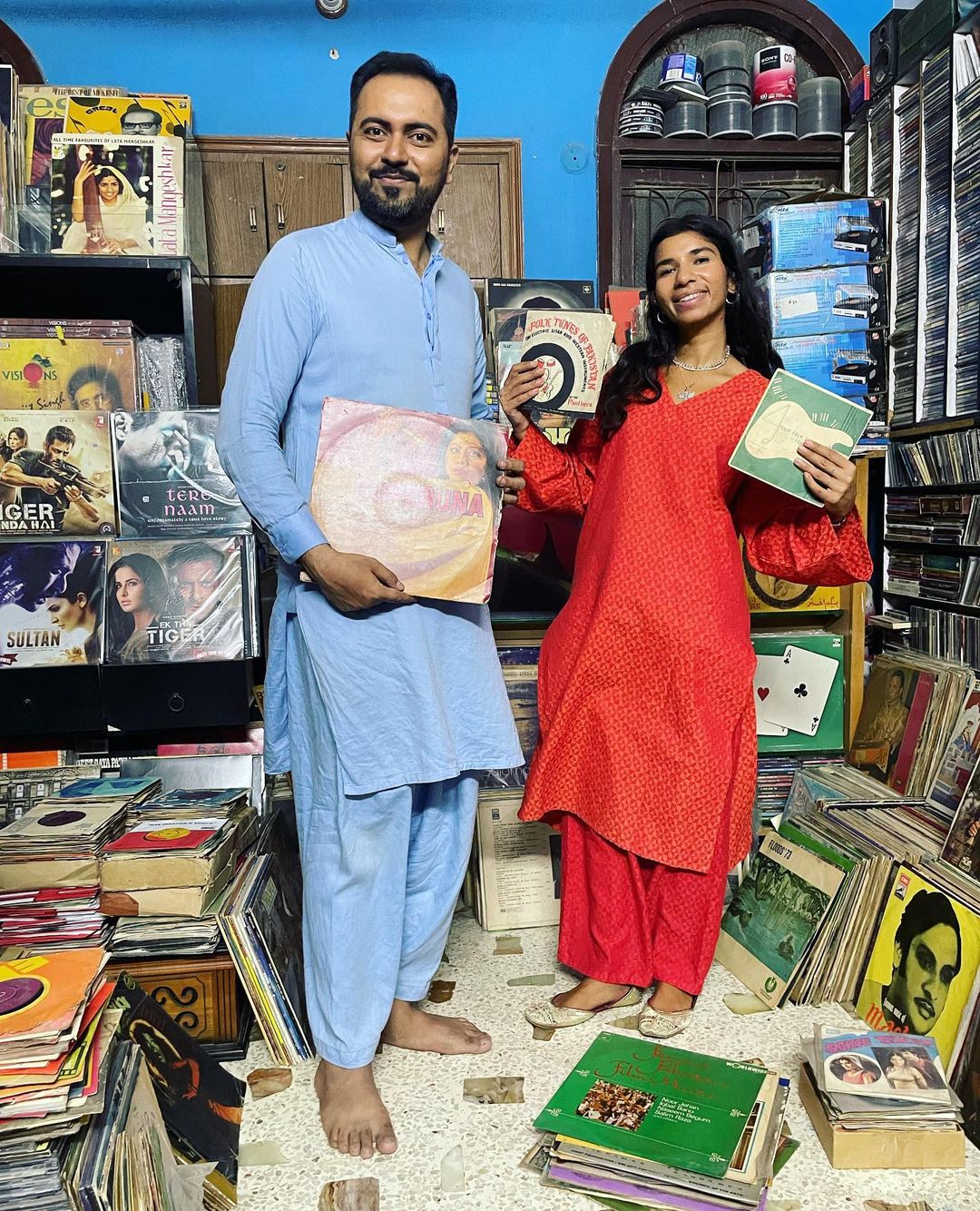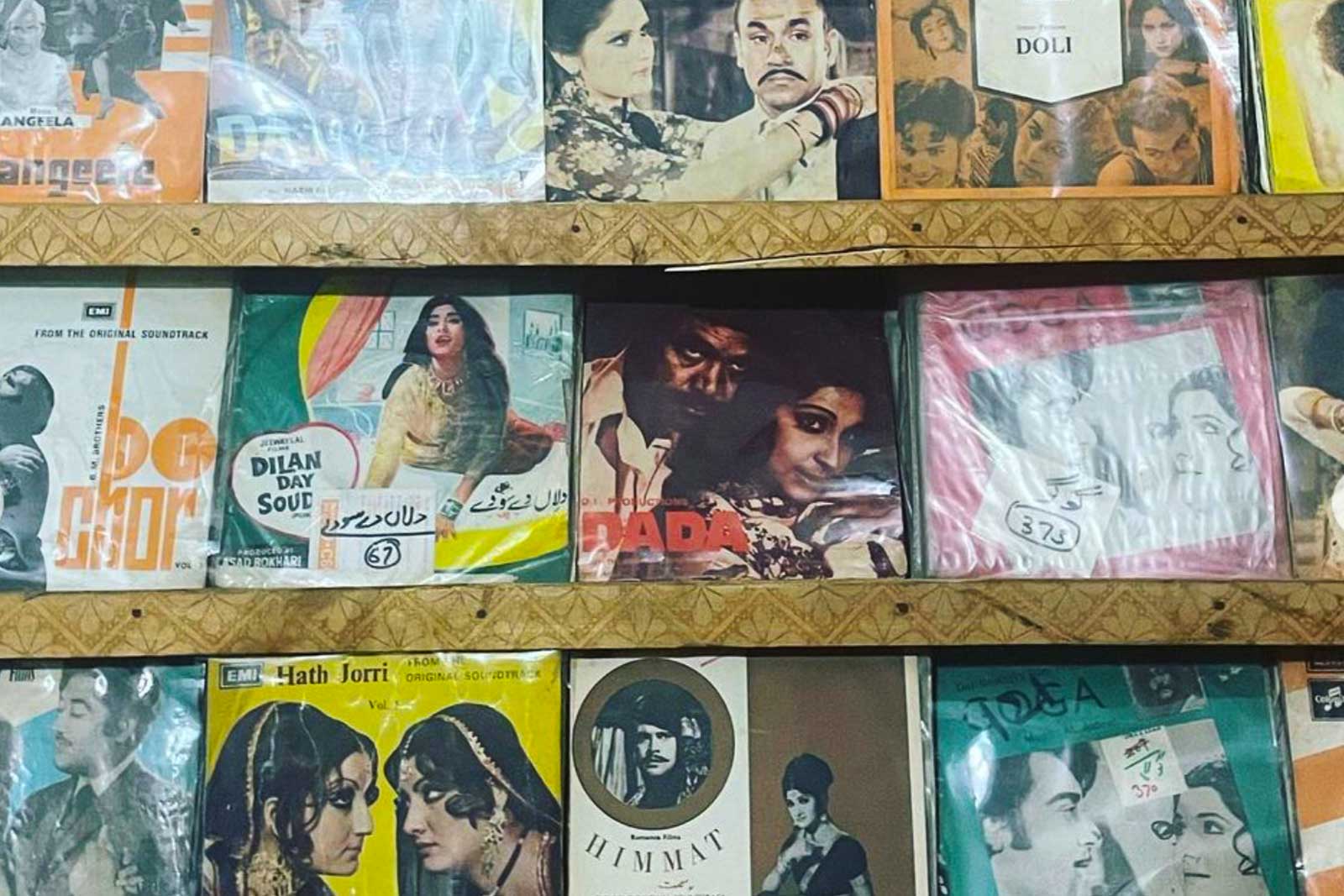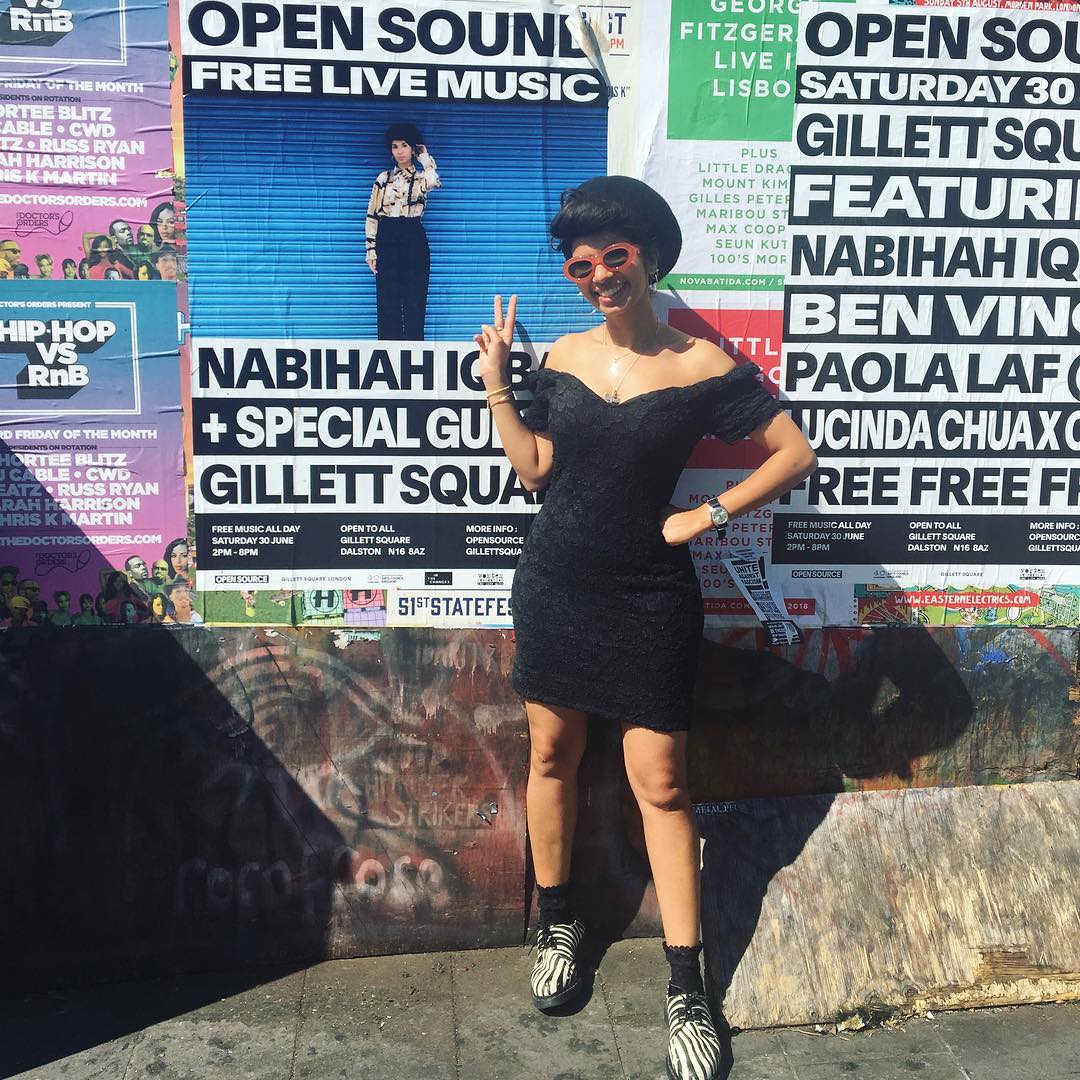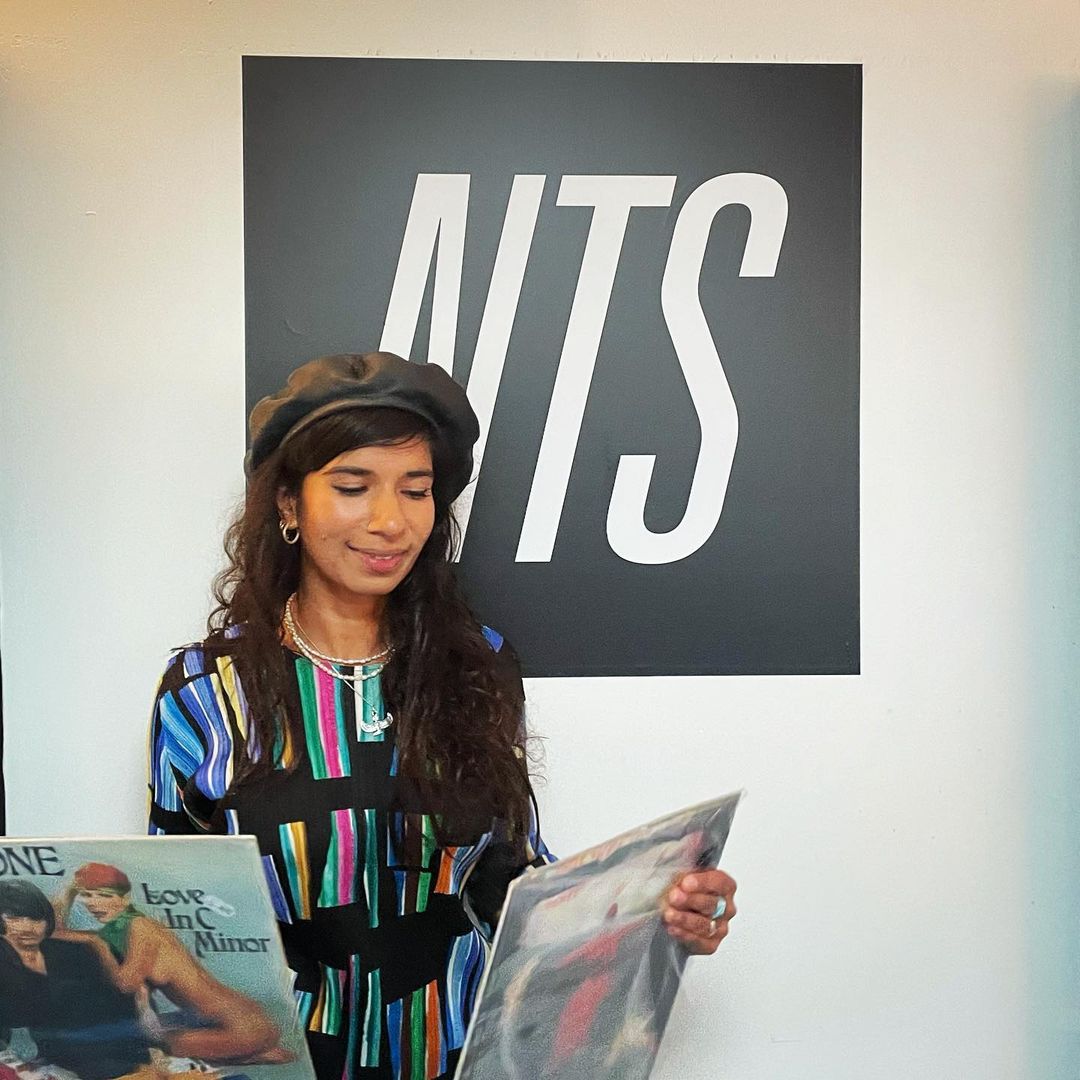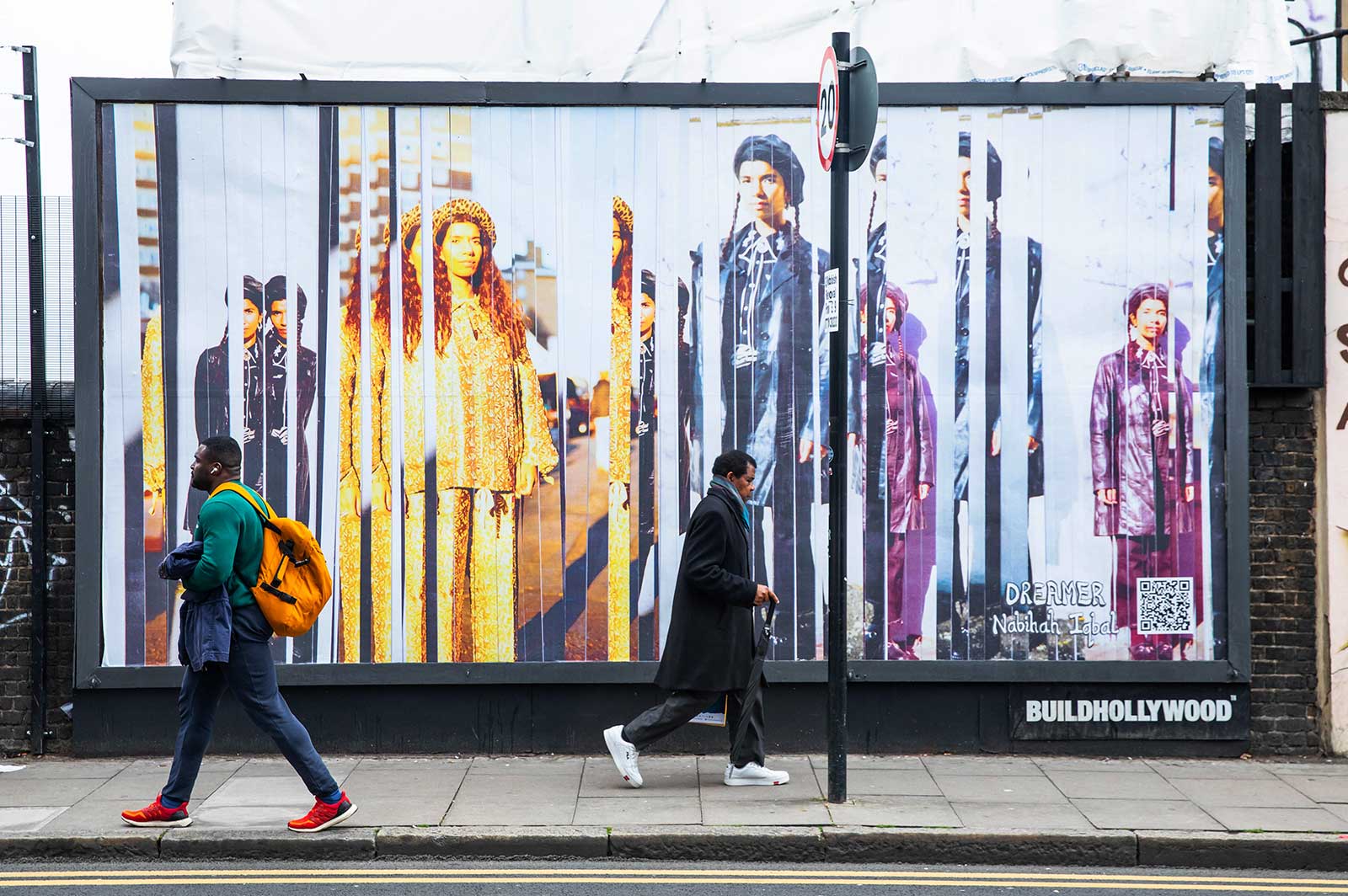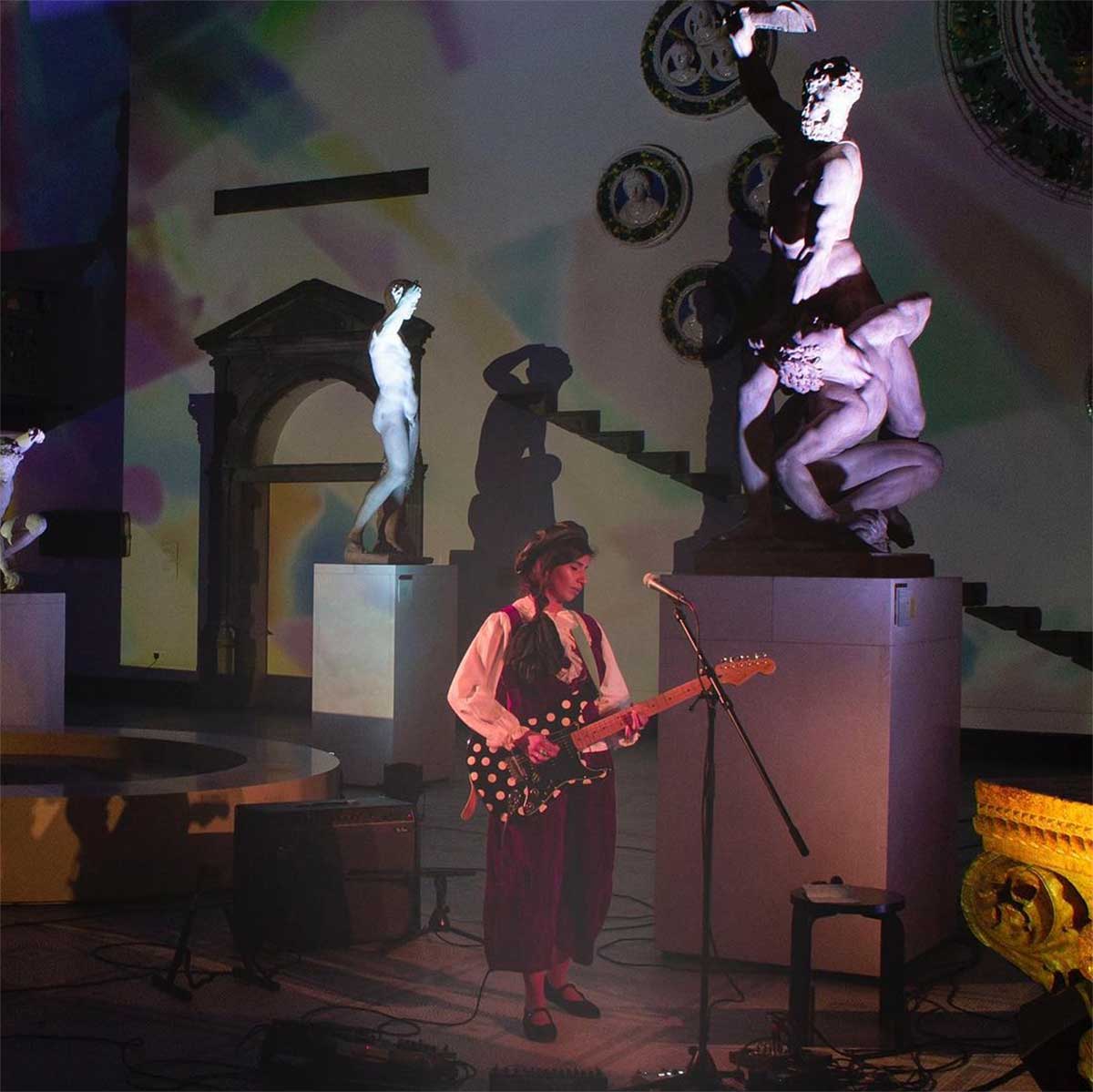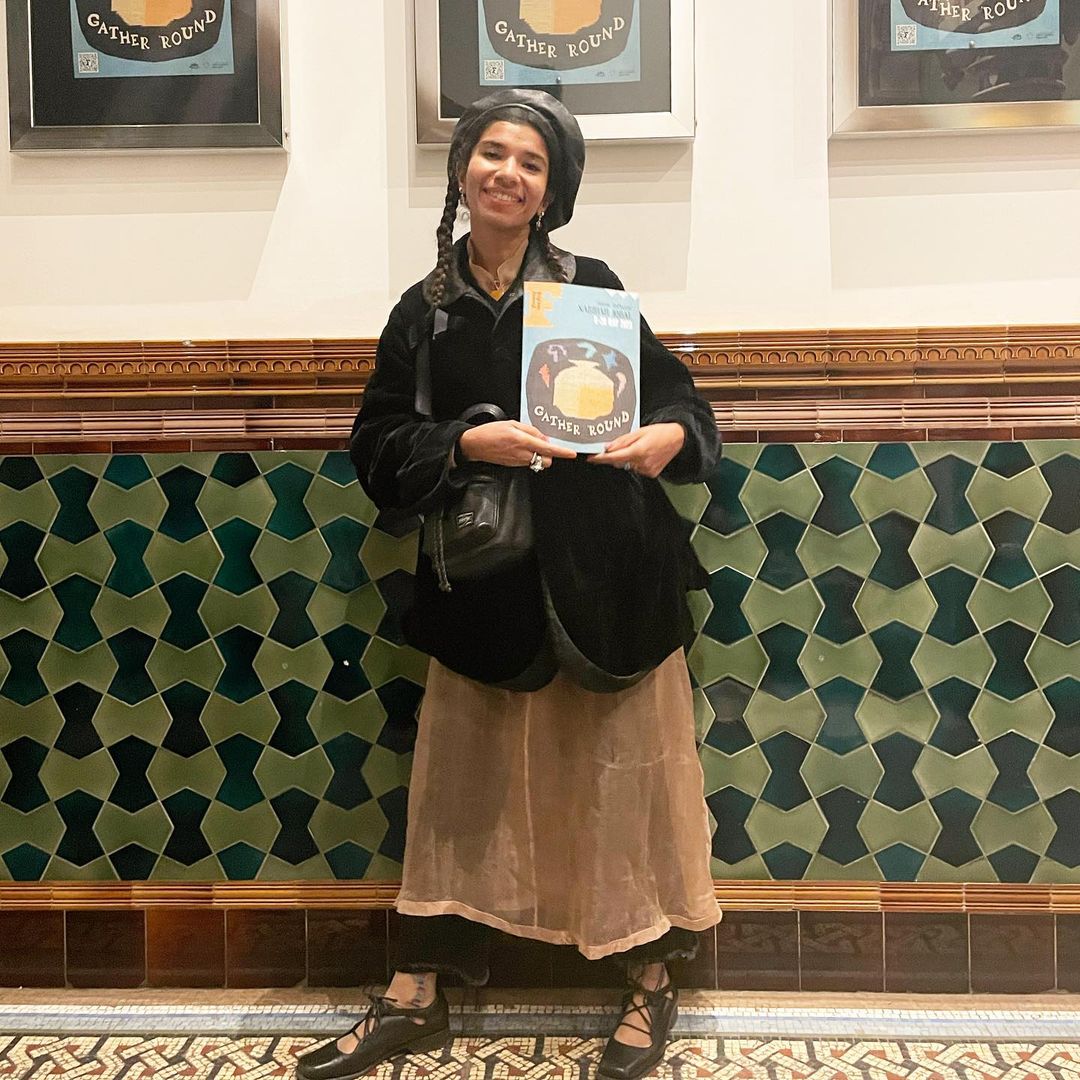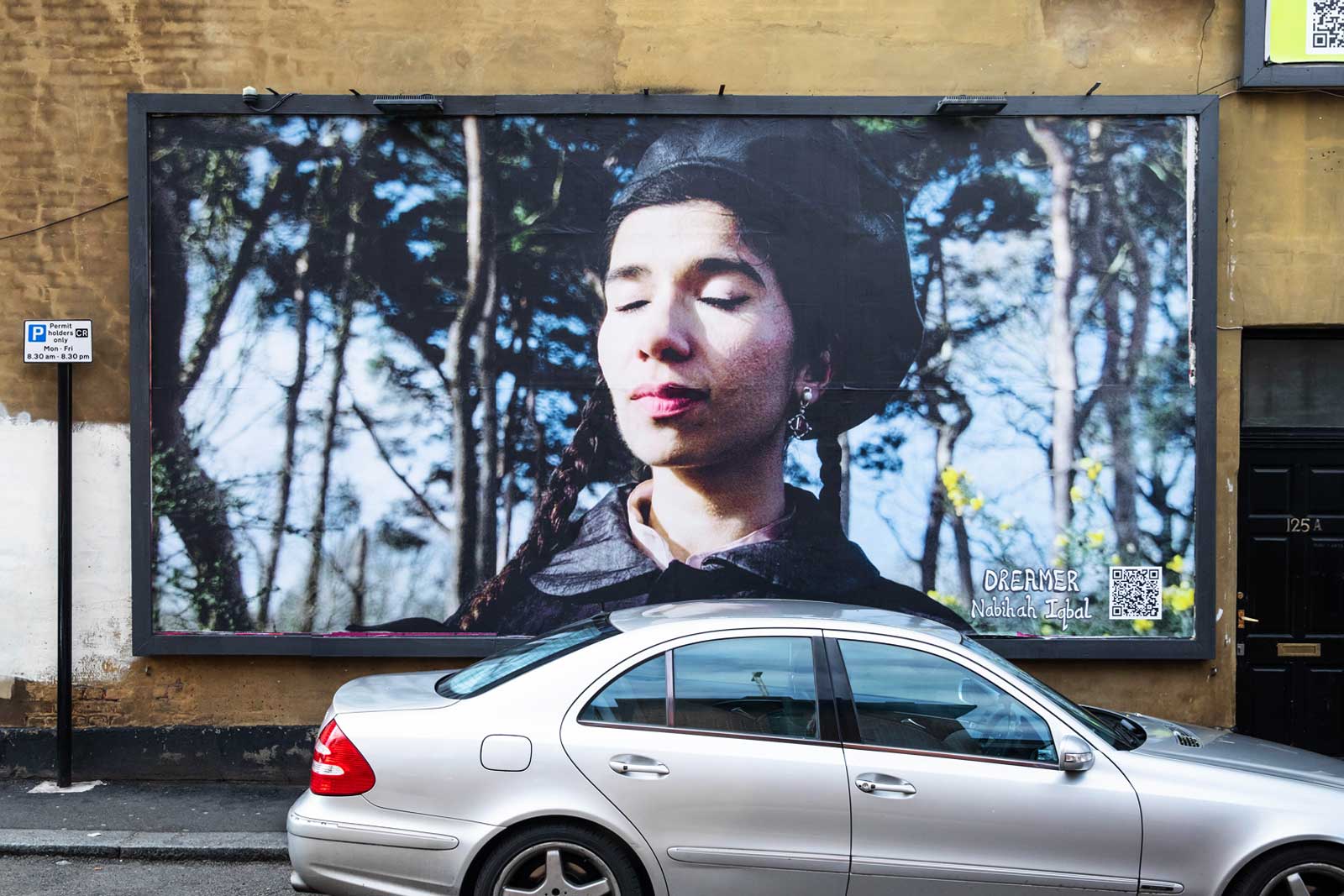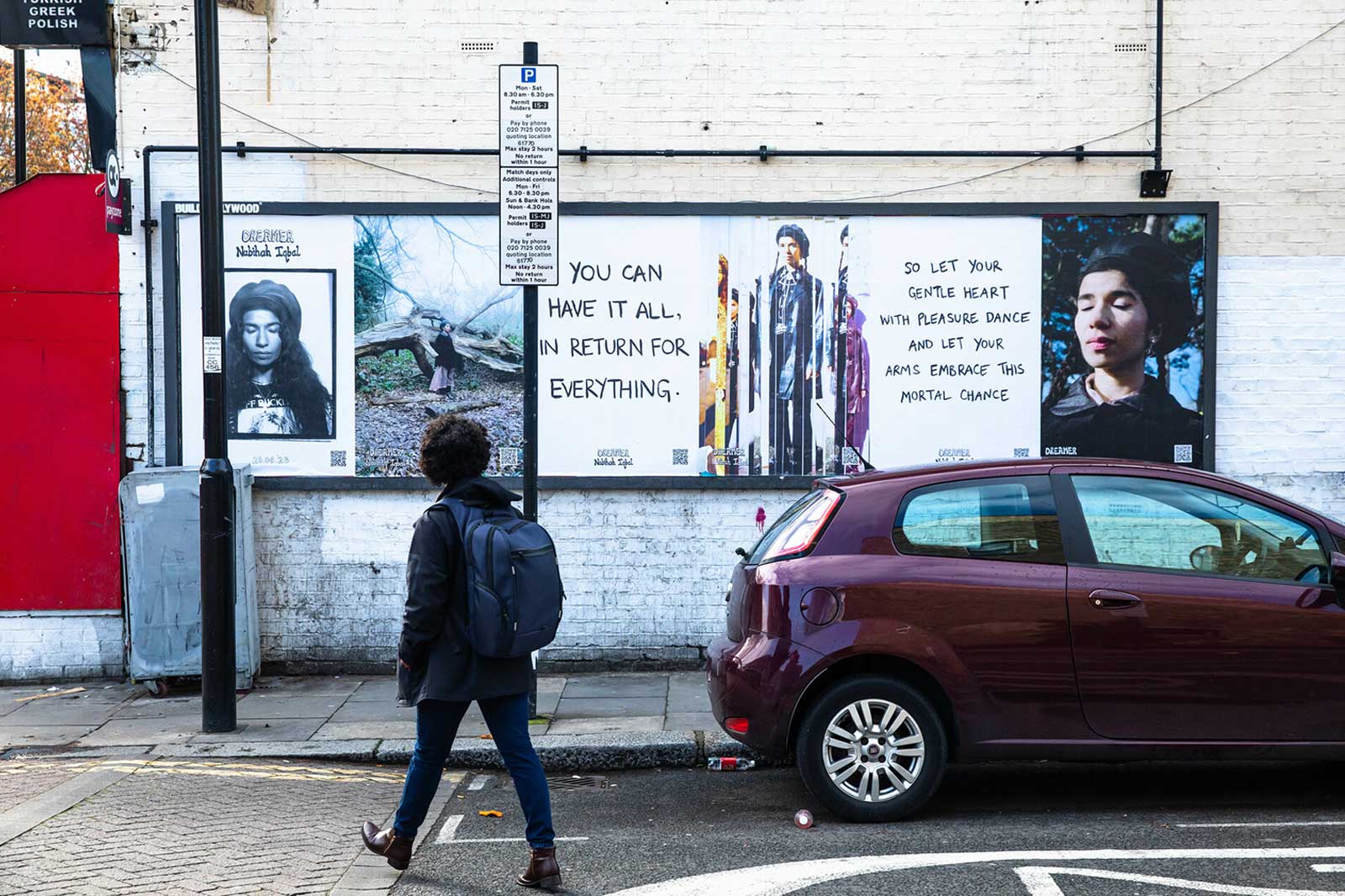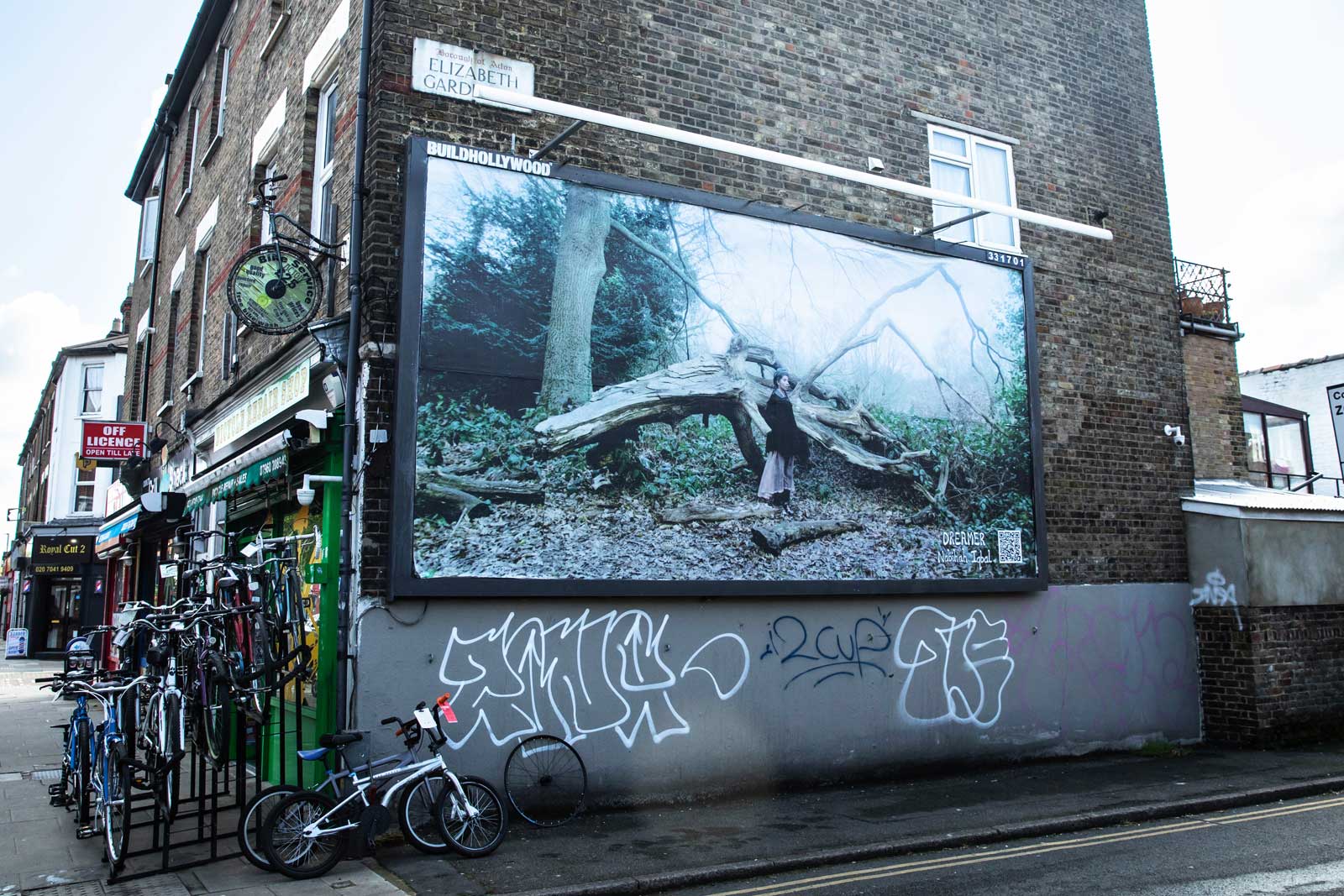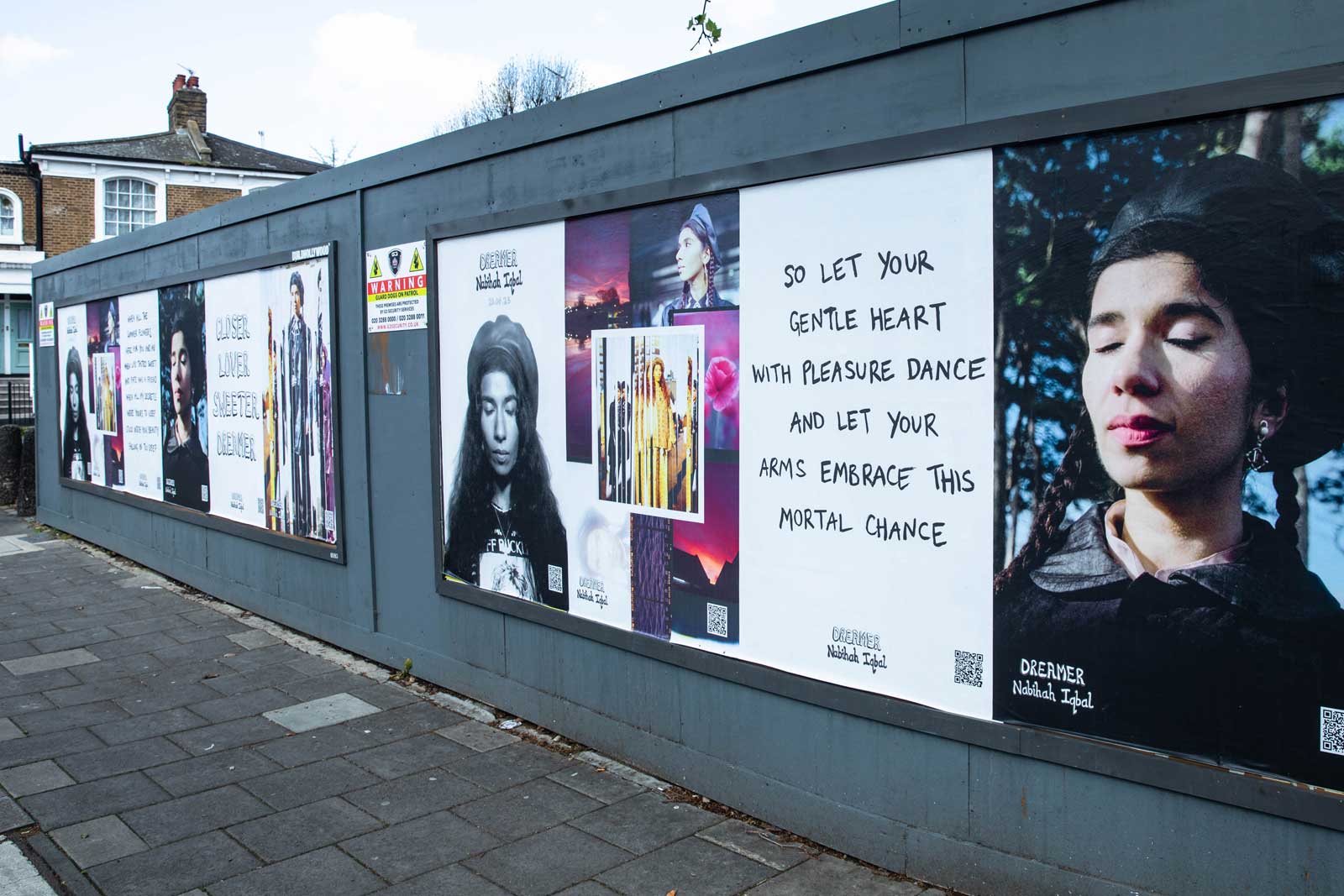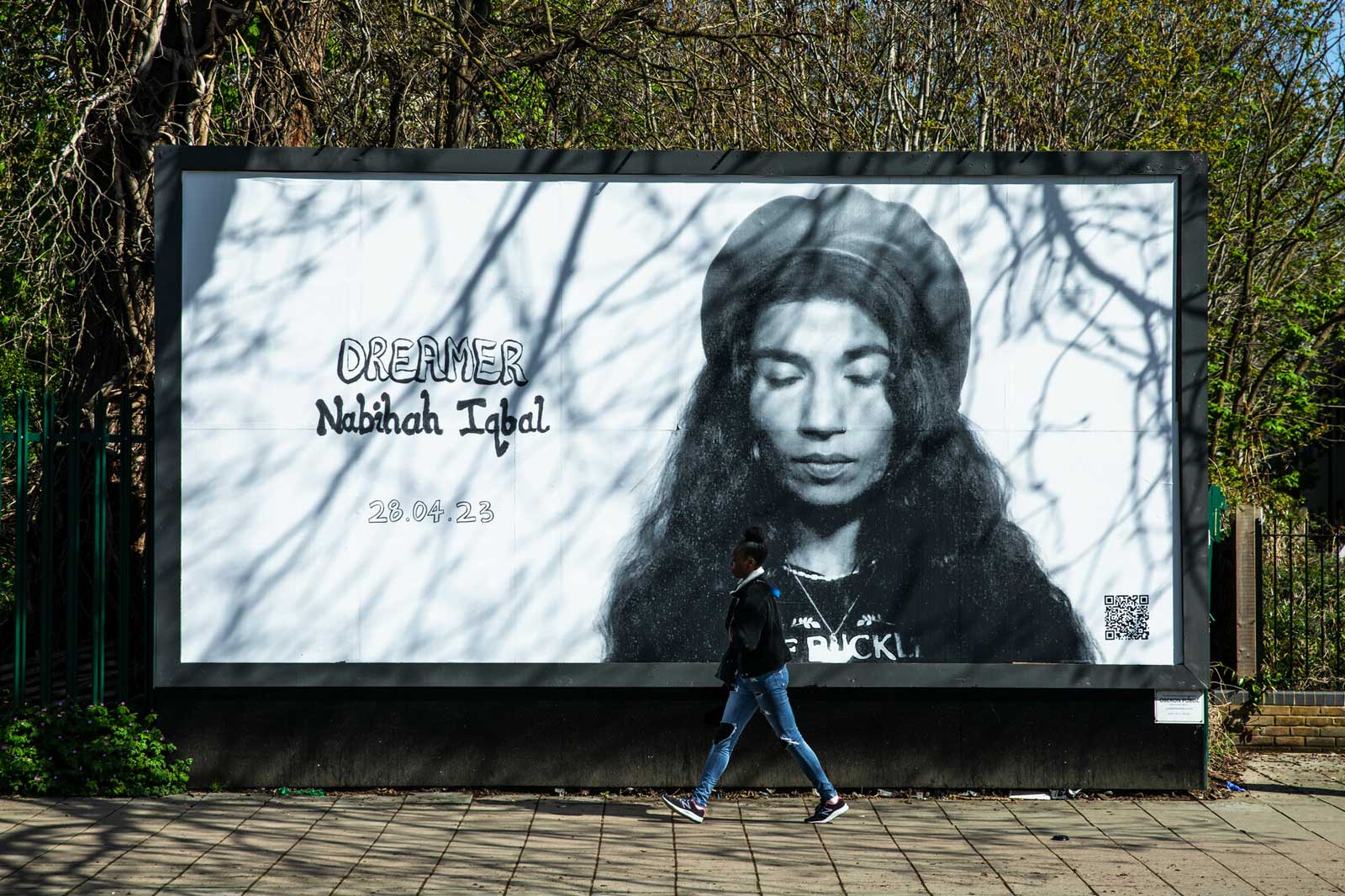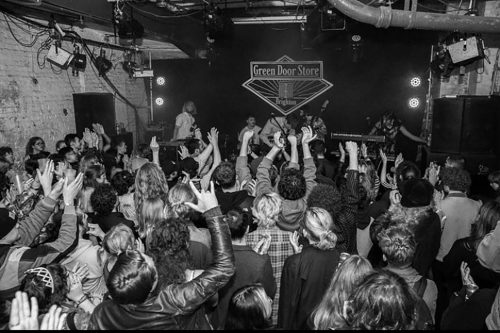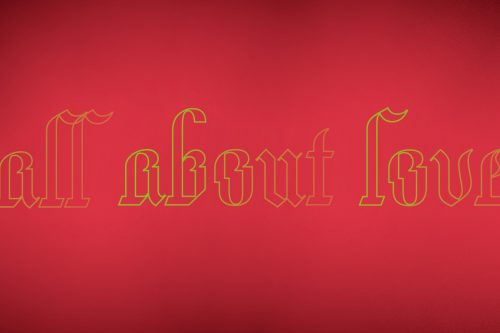Your Space Or Mine
On her second album, Nabihah Iqbal assembles her experiences into an upbeat and hopeful dreamscape
Five years on from her debut, Nabihah Iqbal is adding a long-awaited second LP to her catalogue. DREAMER compiles a few years of unexpected experiences into a full-length album underpinned by emotion and ‘80s influences, with discernible hope streaming through.
As part of BUILDHOLLYWOOD’s ongoing Your Space Or Mine project, the album and its reflective imagery is taking over poster sites across London – the artist’s very own stomping ground.
Musician, DJ, broadcaster, curator, and producer Iqbal’s openness to converging people and places is perhaps what enables her to turn her hand to so many disciplines and find the flow of where they can take her. Having studied Ethnomusicology with History for her undergraduate degree at SOAS, an MA in History, law conversion and the bar followed – but, as she notes, ‘I felt like there was something in the universe pulling me’. This put her always-nurtured passion for music front and centre. Now, she’s toured the world (with live shows and as a DJ), holds a regular slot on NTS (for a decade and counting), has composed music for the Turner Prize, is a fixture on BBC Radio, and has collaborated with Wolfgang Tillmans. This year, she’s a guest director for Brighton Festival.
Talking to Iqbal, you can see how she’s carefully connected the dots between a love of music, discovery, and sharing – three passions that work so well together – to succeed in making her own music alongside everything else. ‘I never want to be boxed in, and I never want to feel like I should only do one thing,’ she says. ‘Whether it’s me playing a DJ gig for a dancefloor, or doing a radio show, or talking about my new album, or putting on a Glory to Sound event where I invite different artists to come and perform, it’s all about sharing and exchange of ideas and feelings.’
28.04.23
Words by


